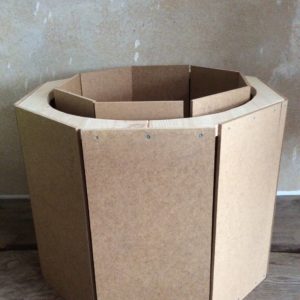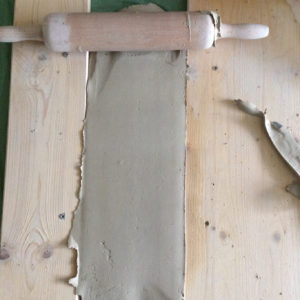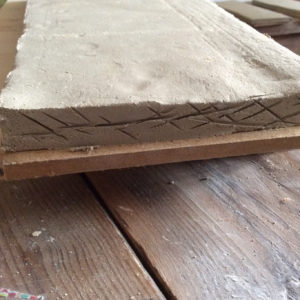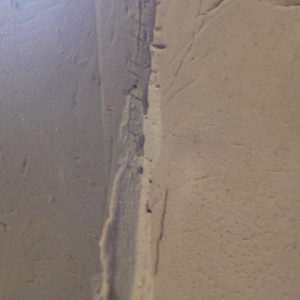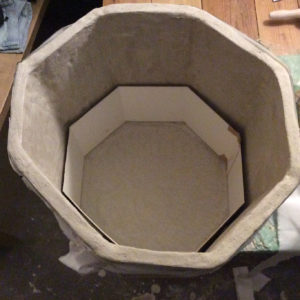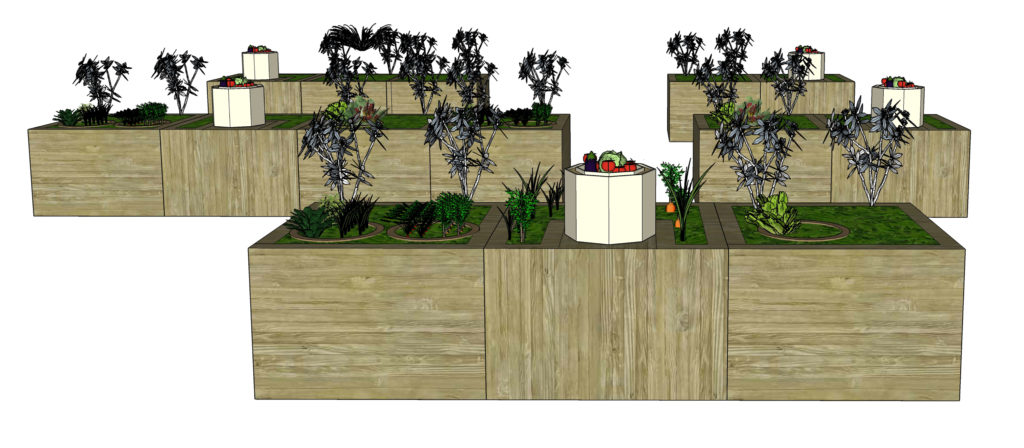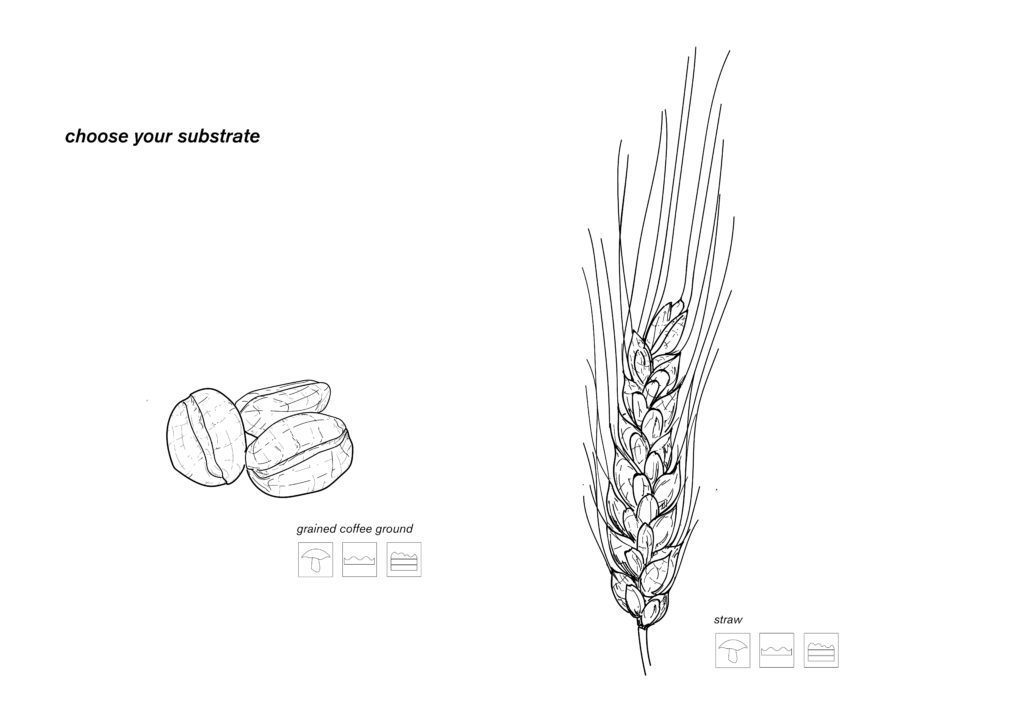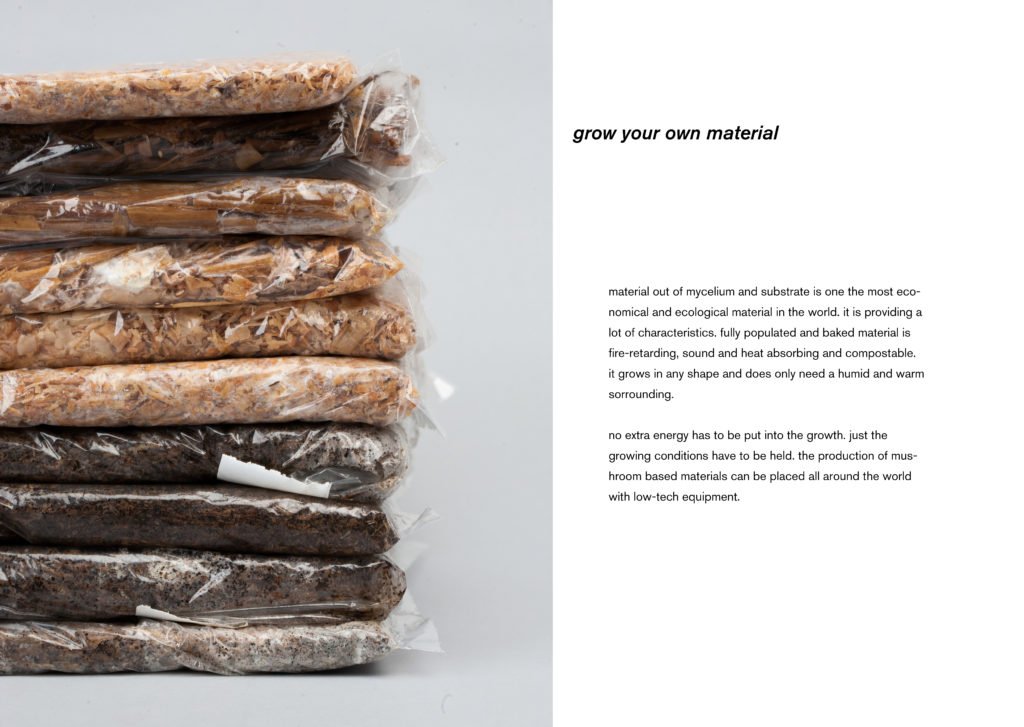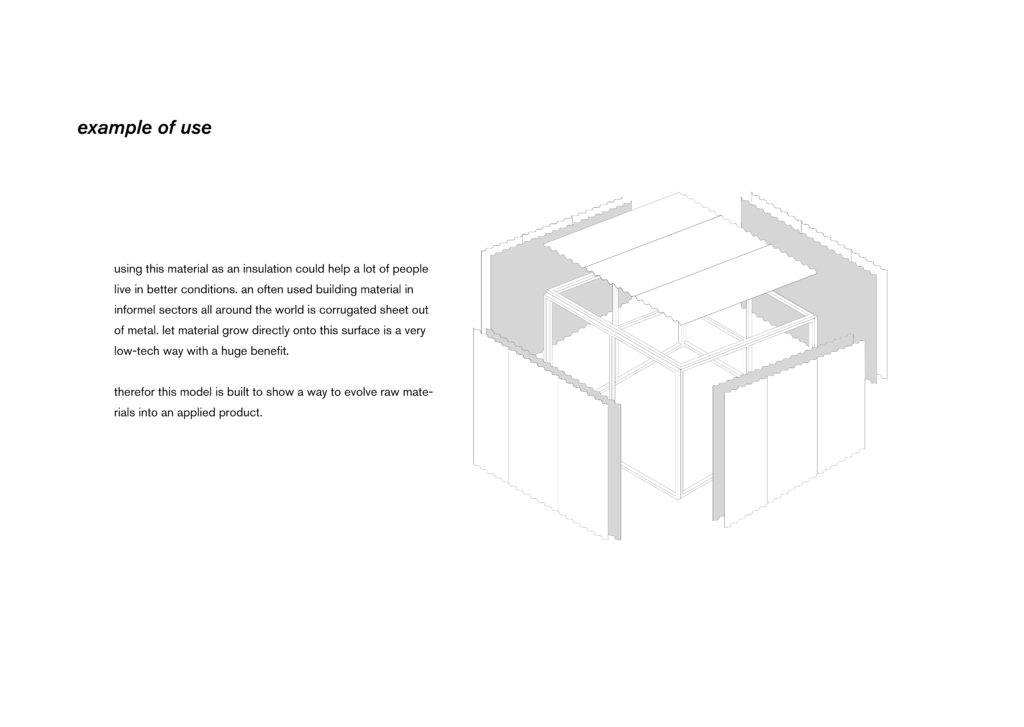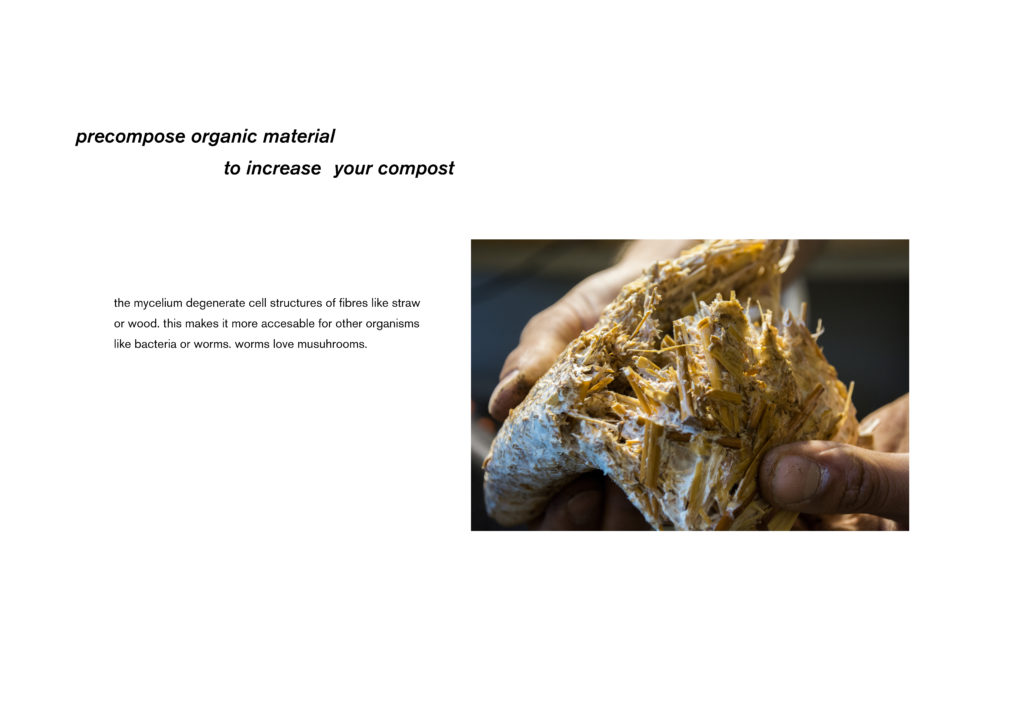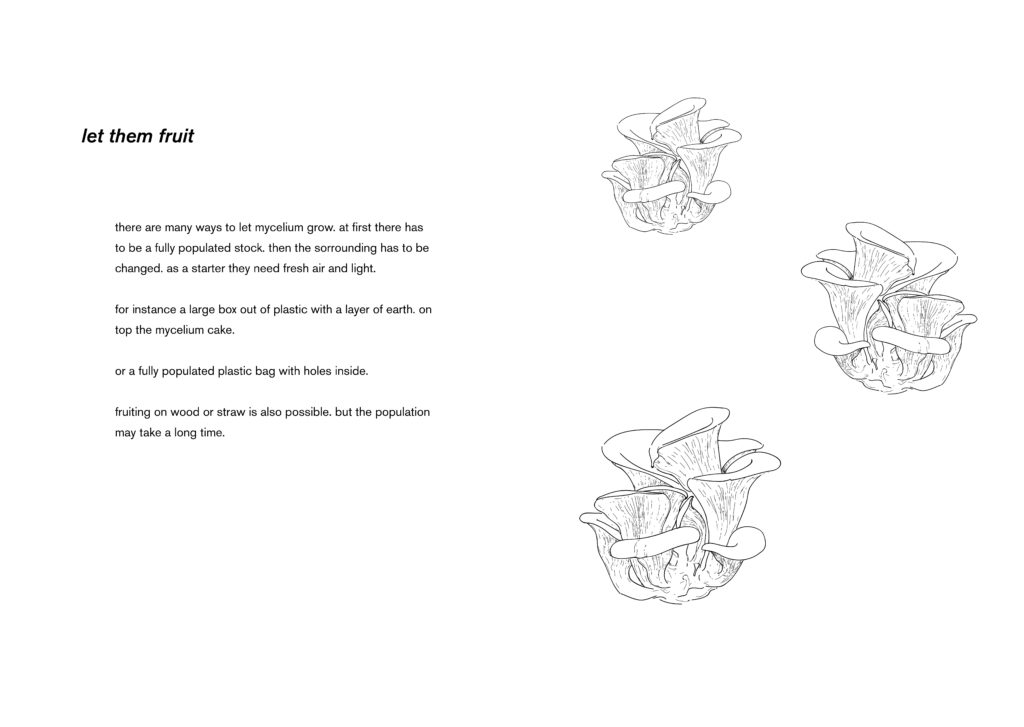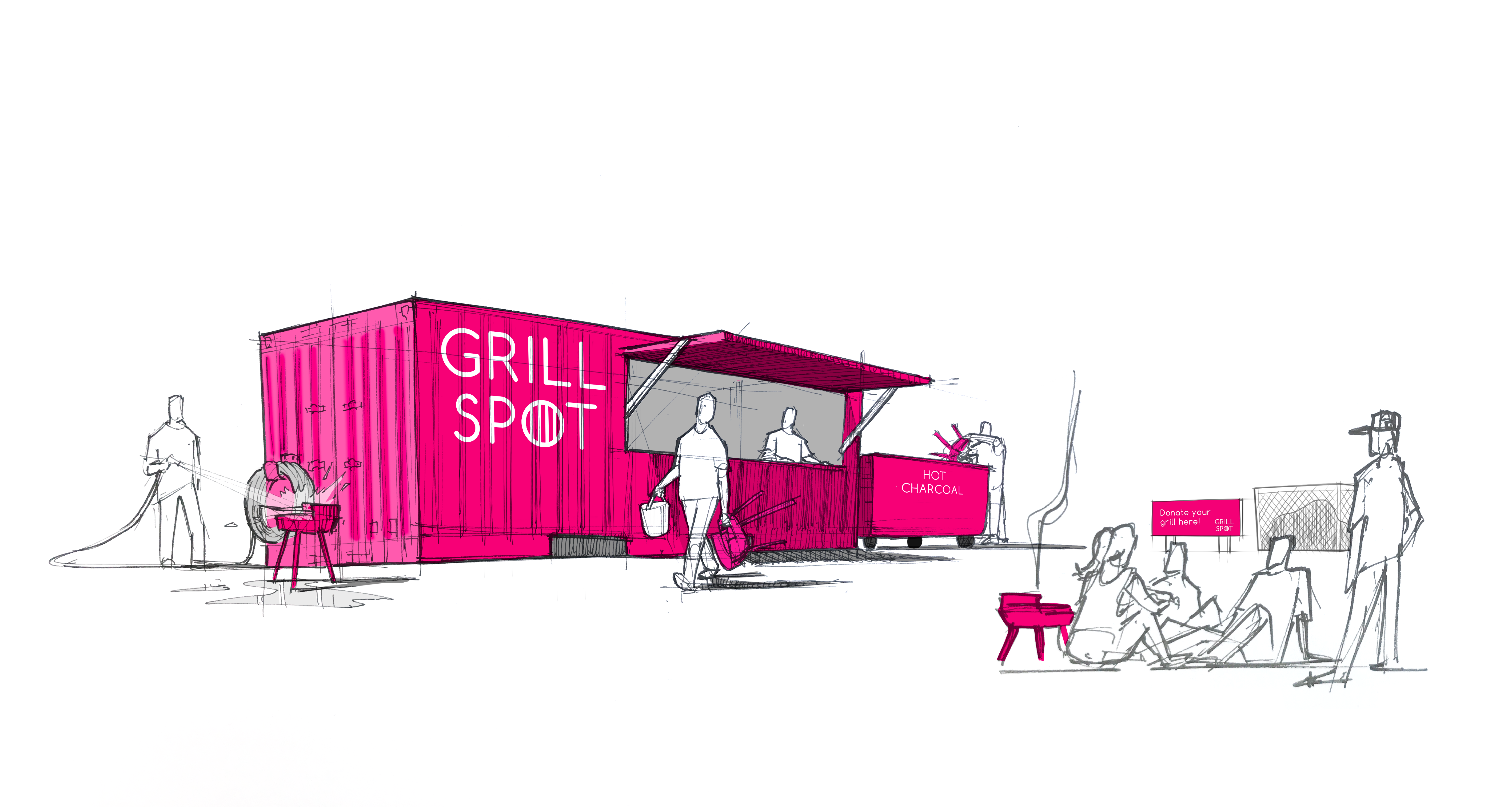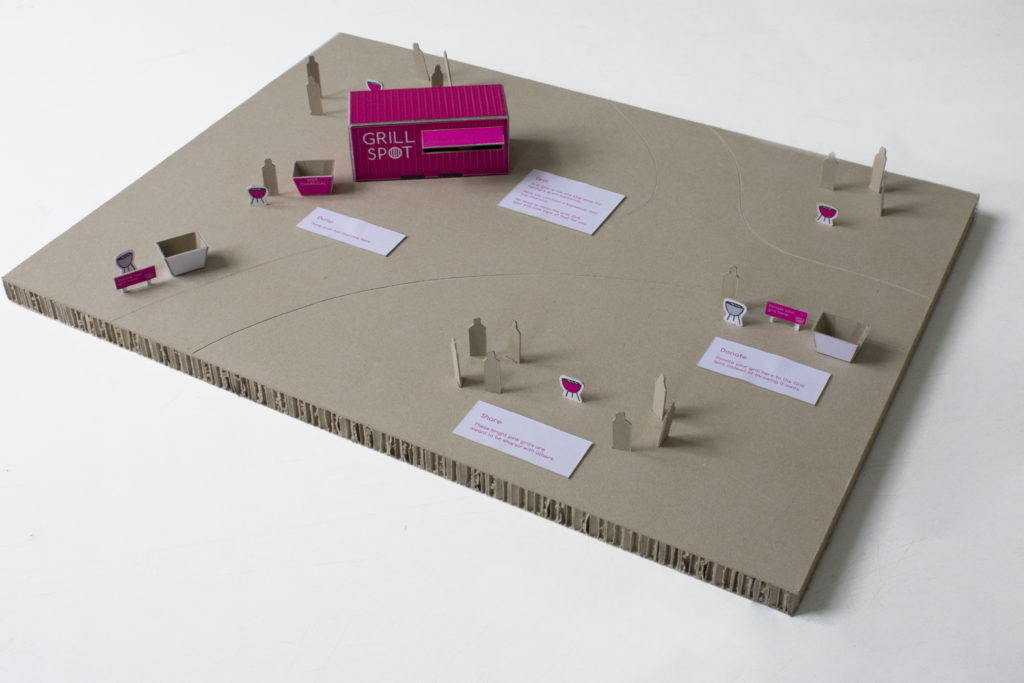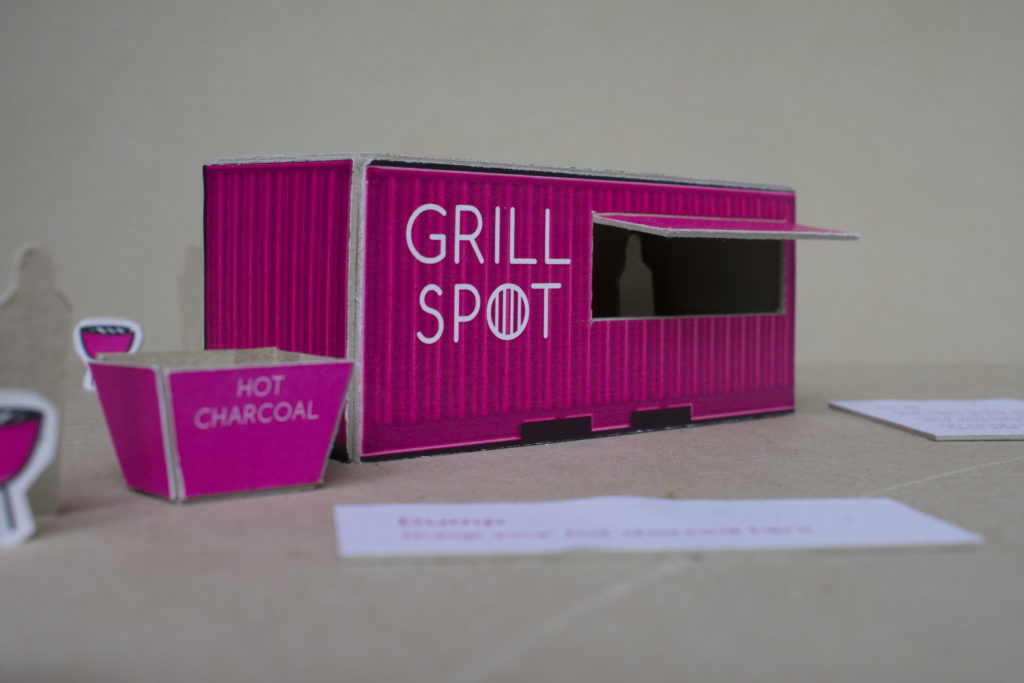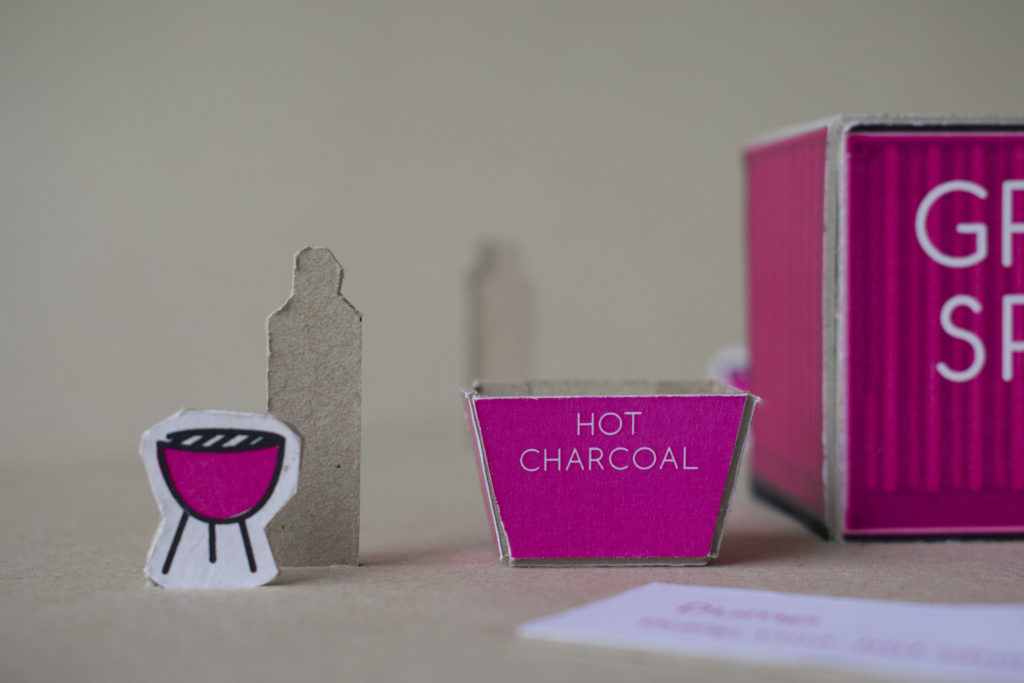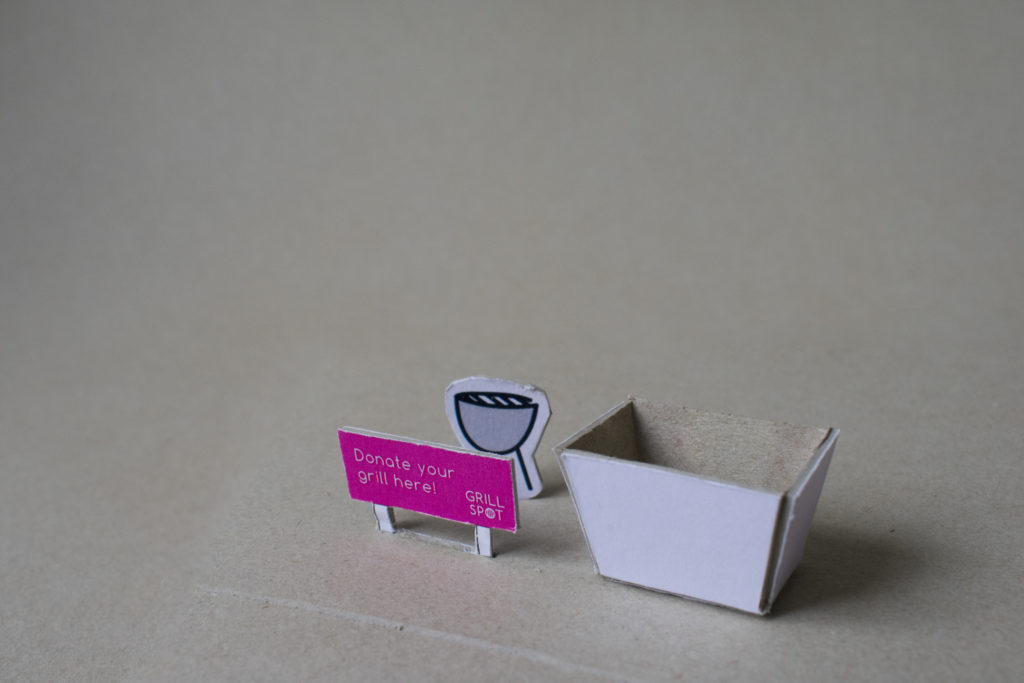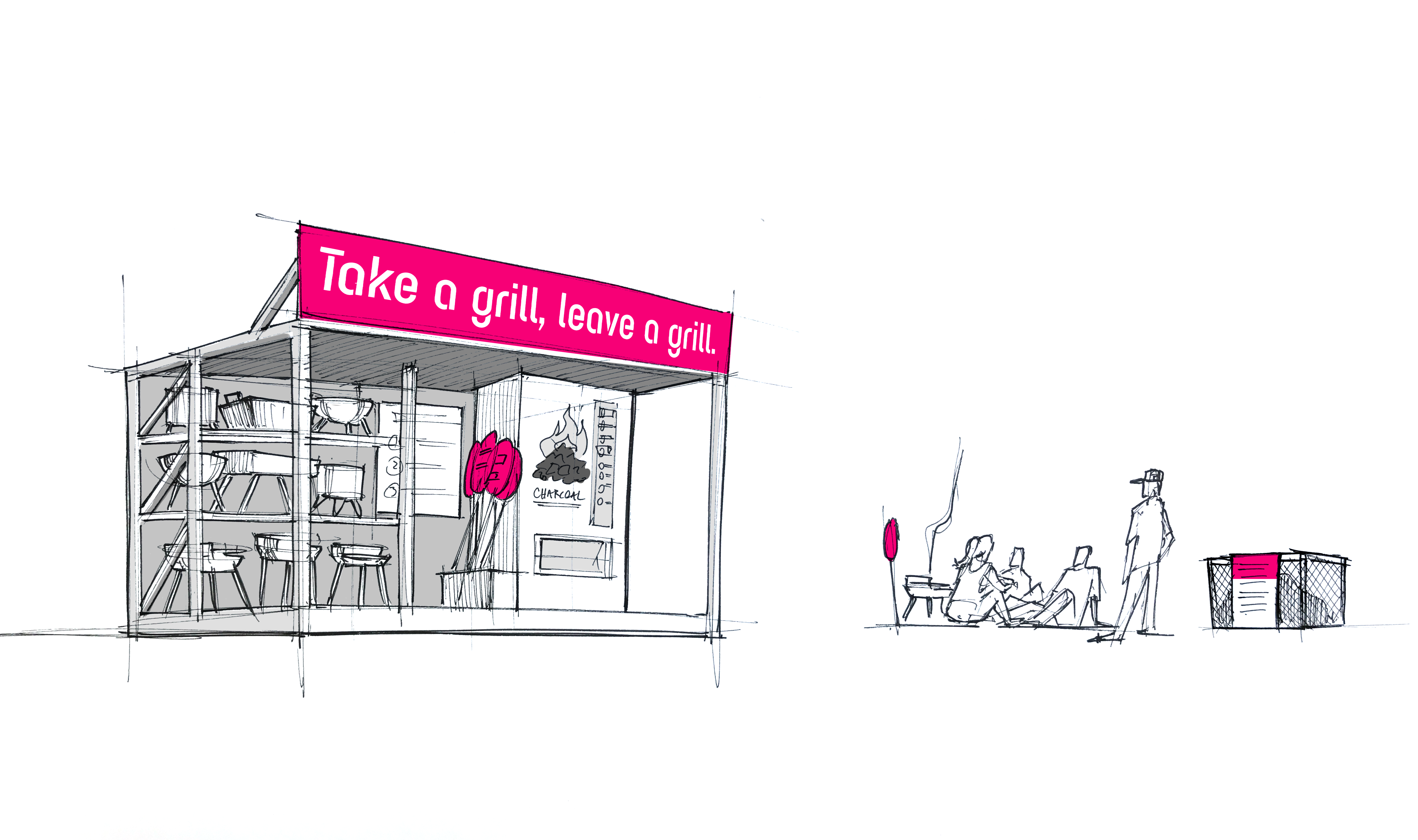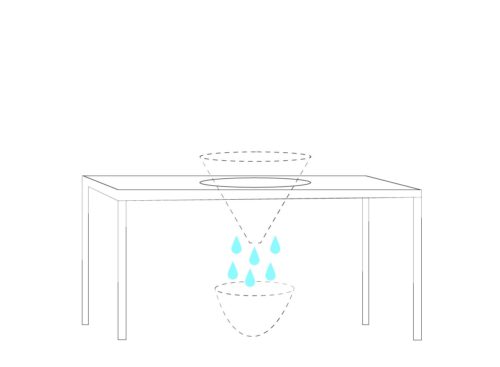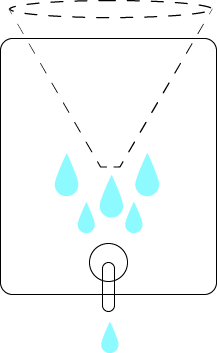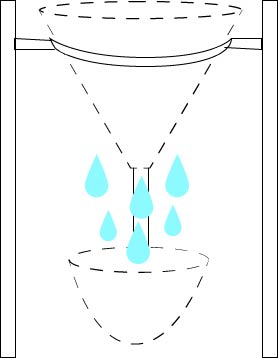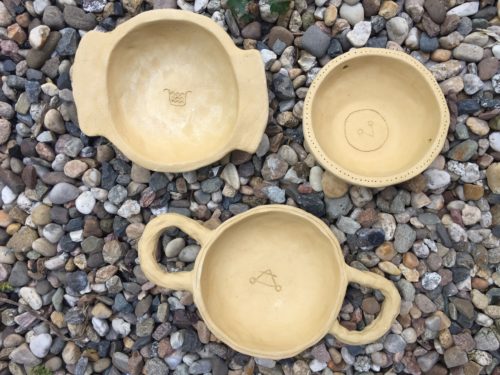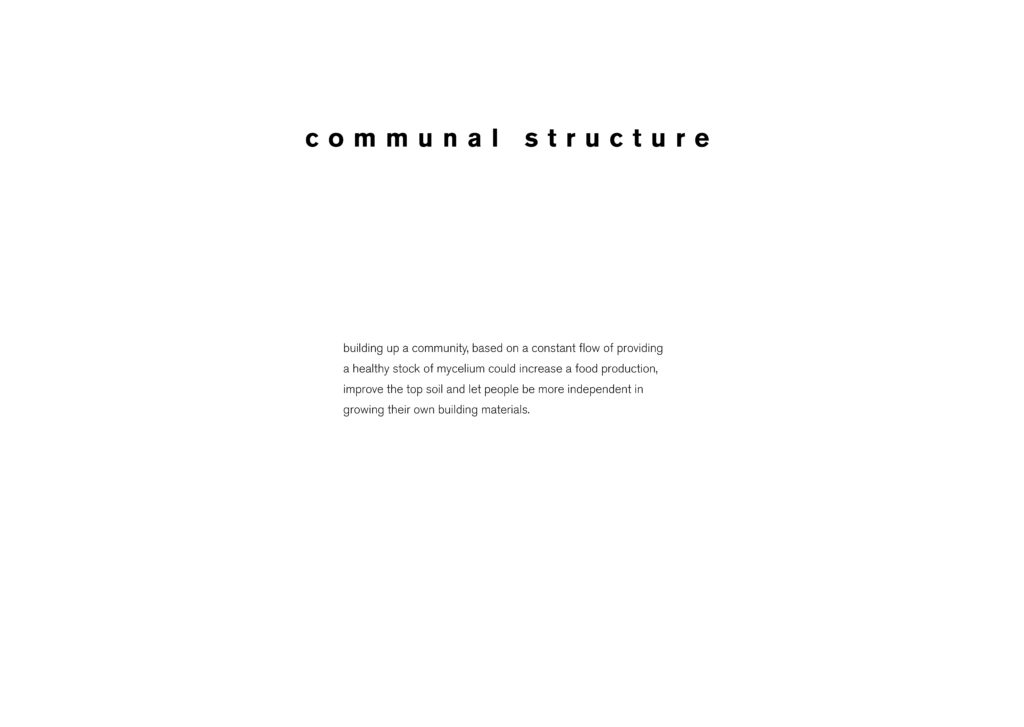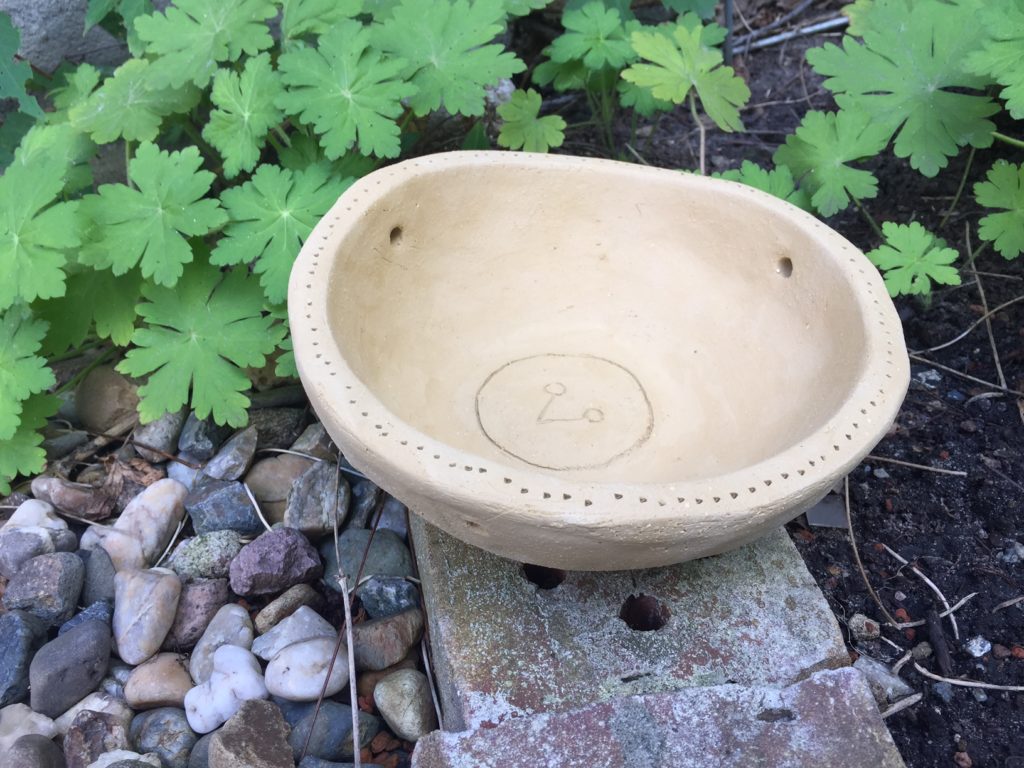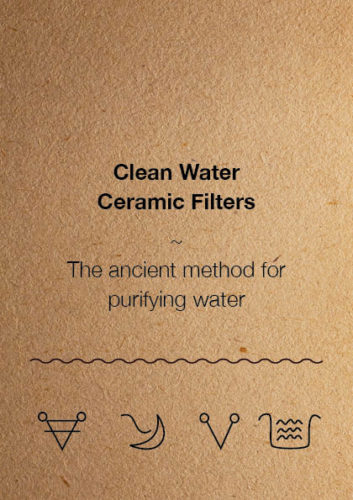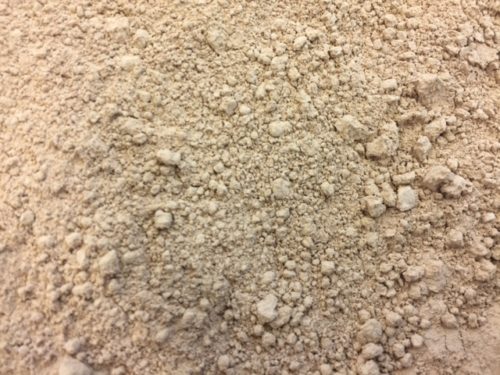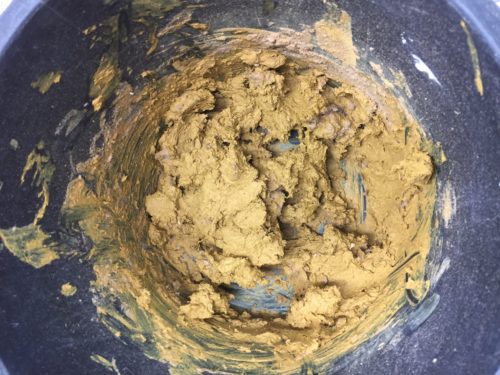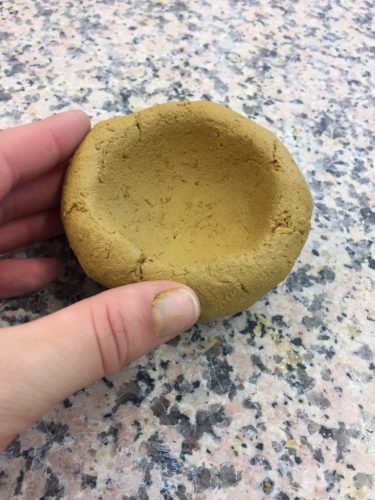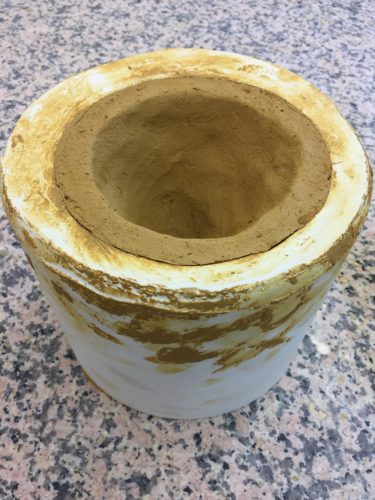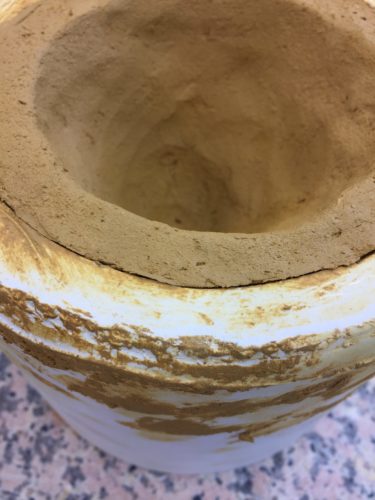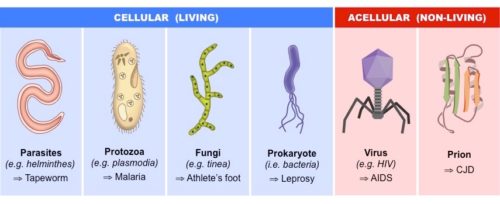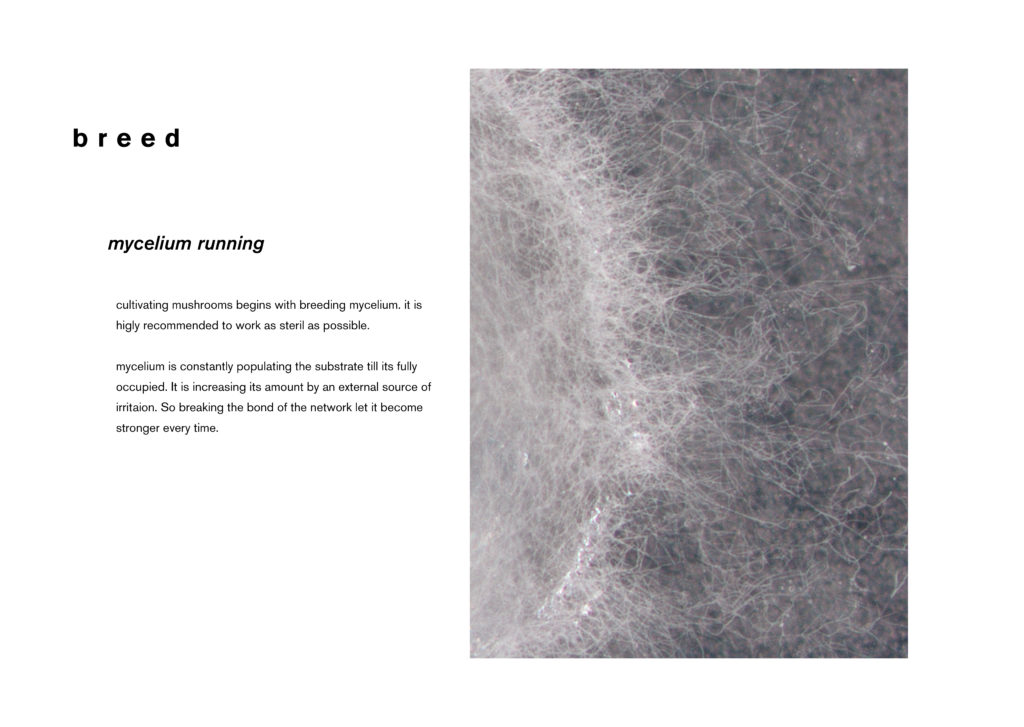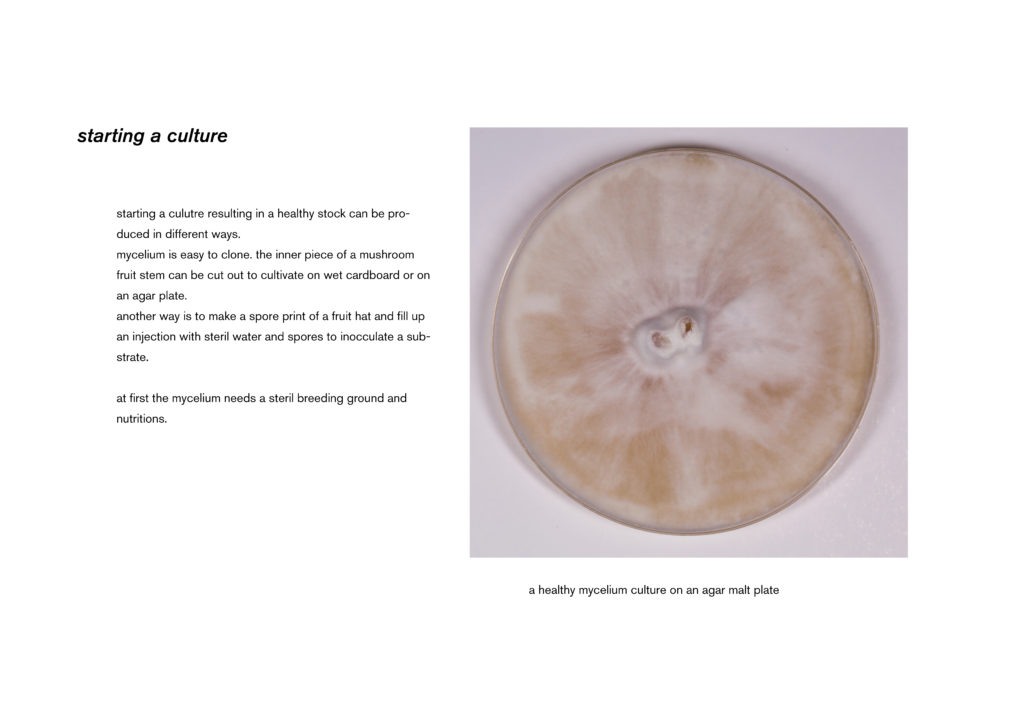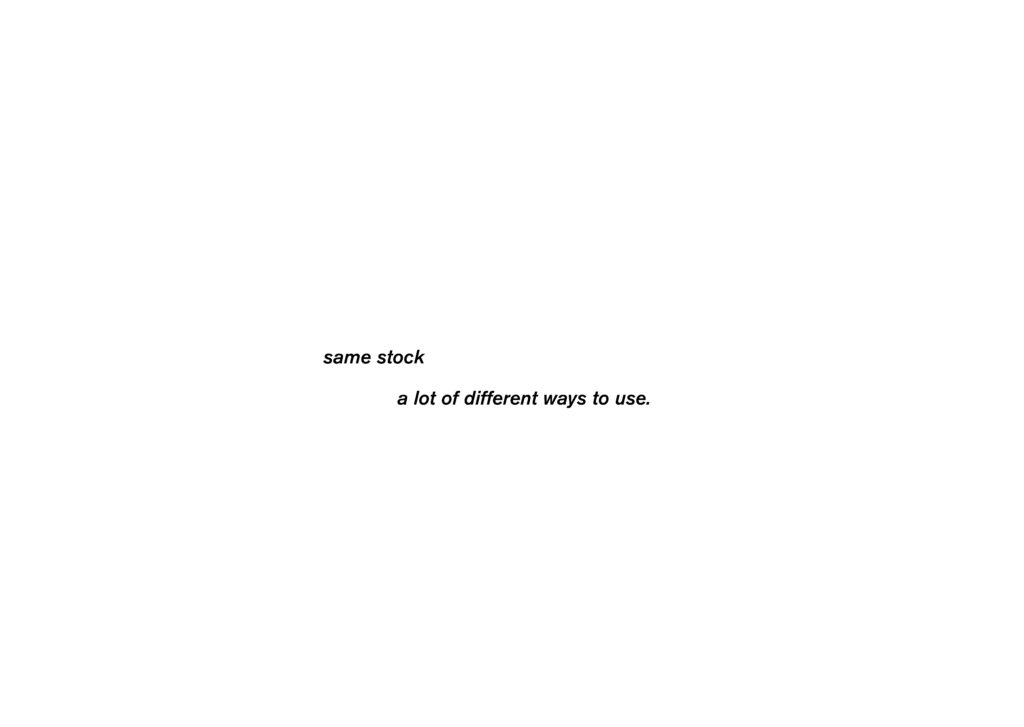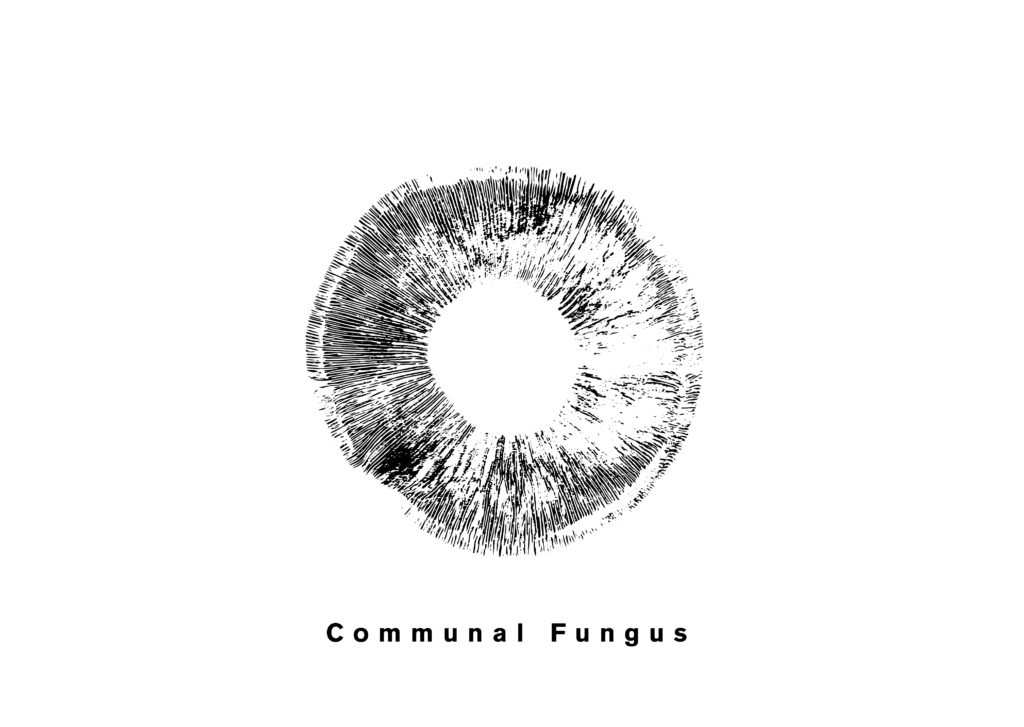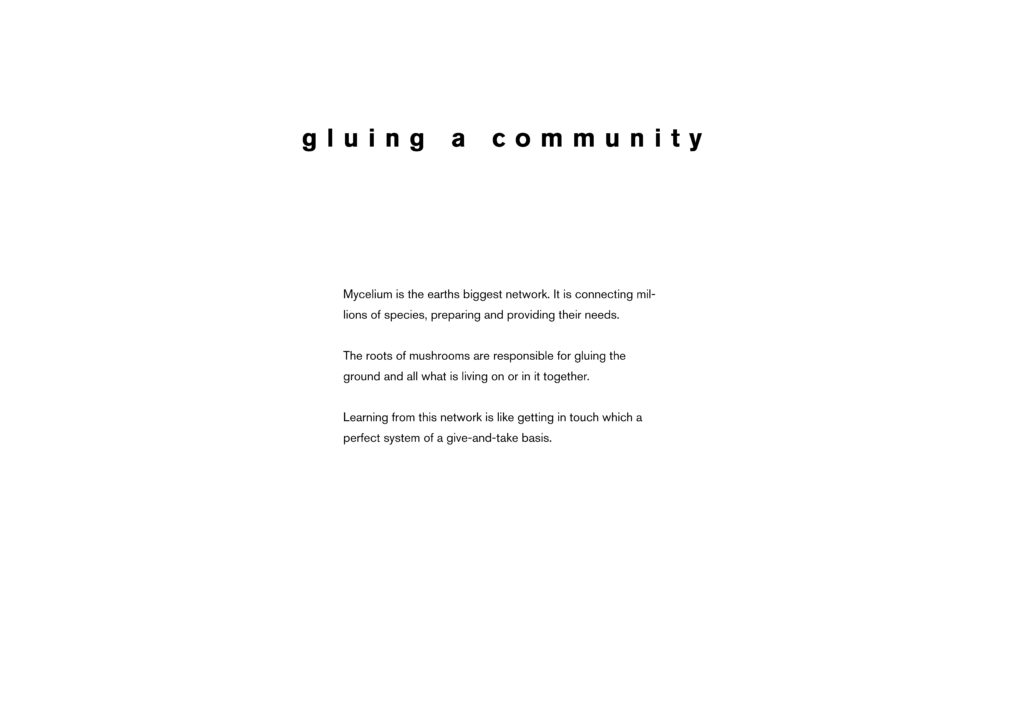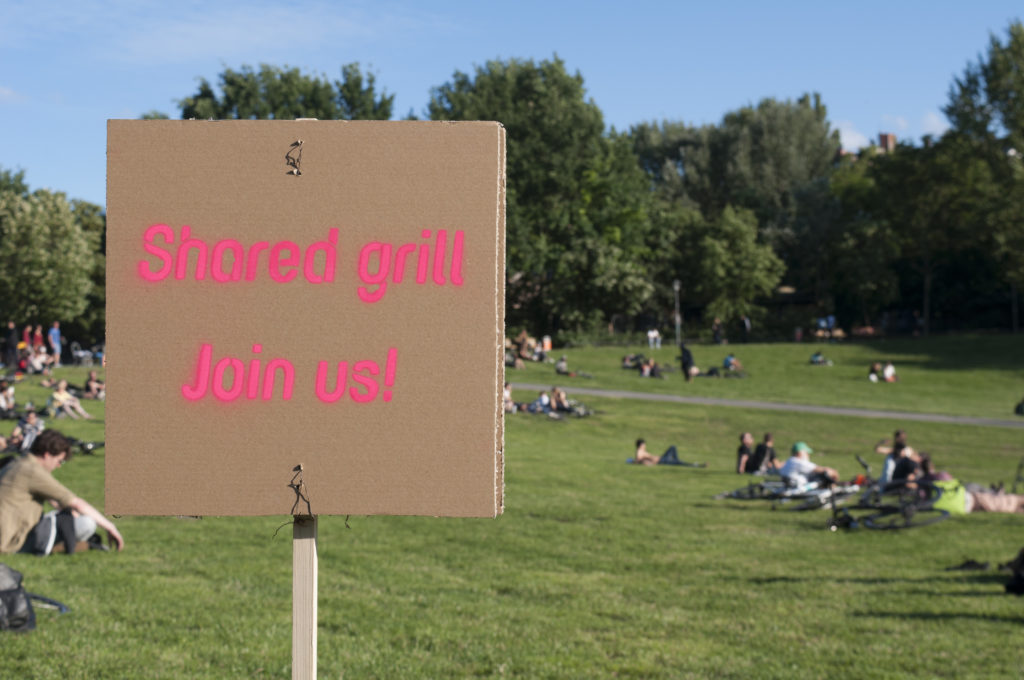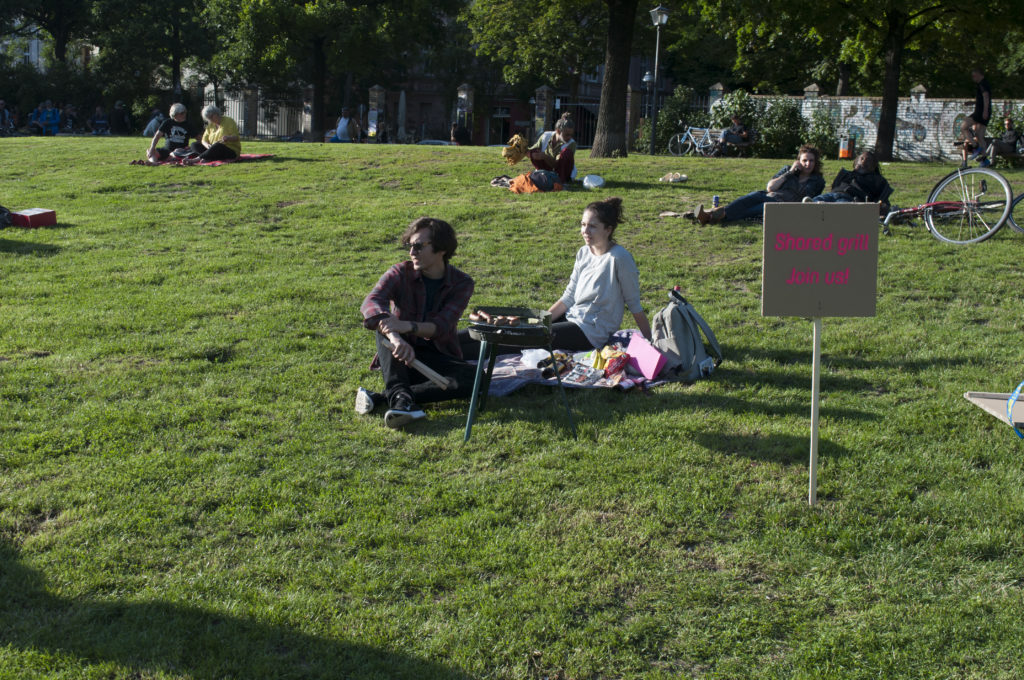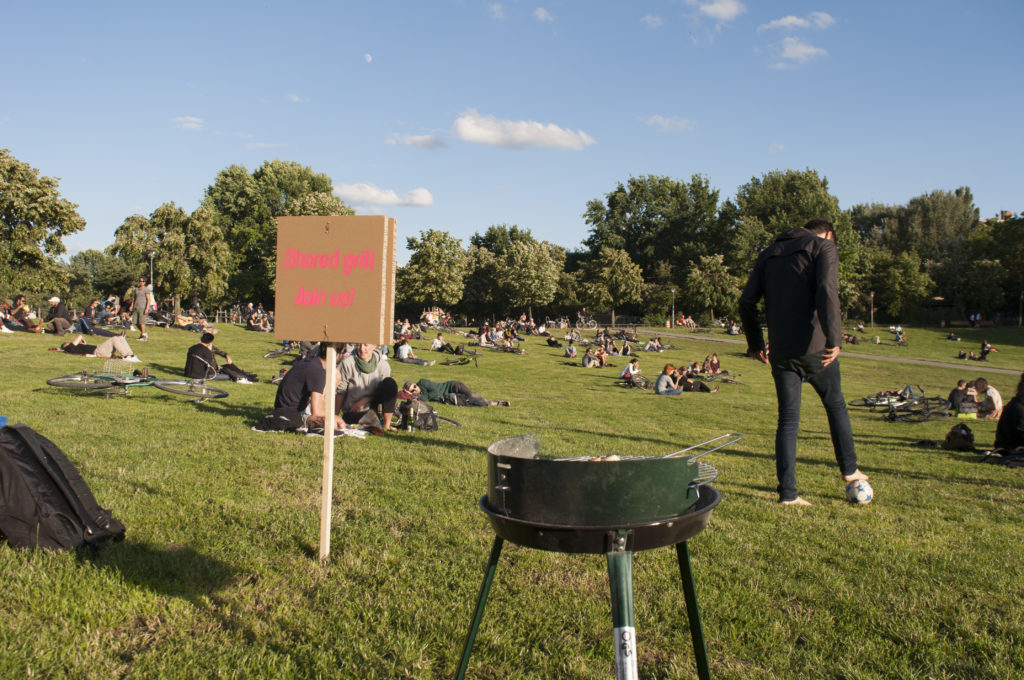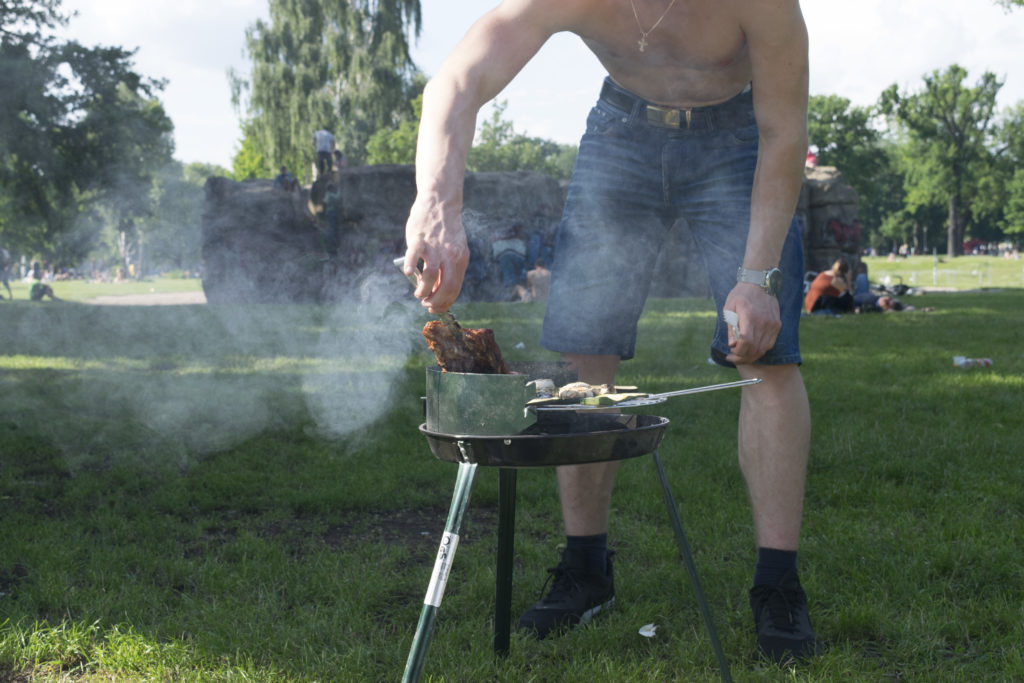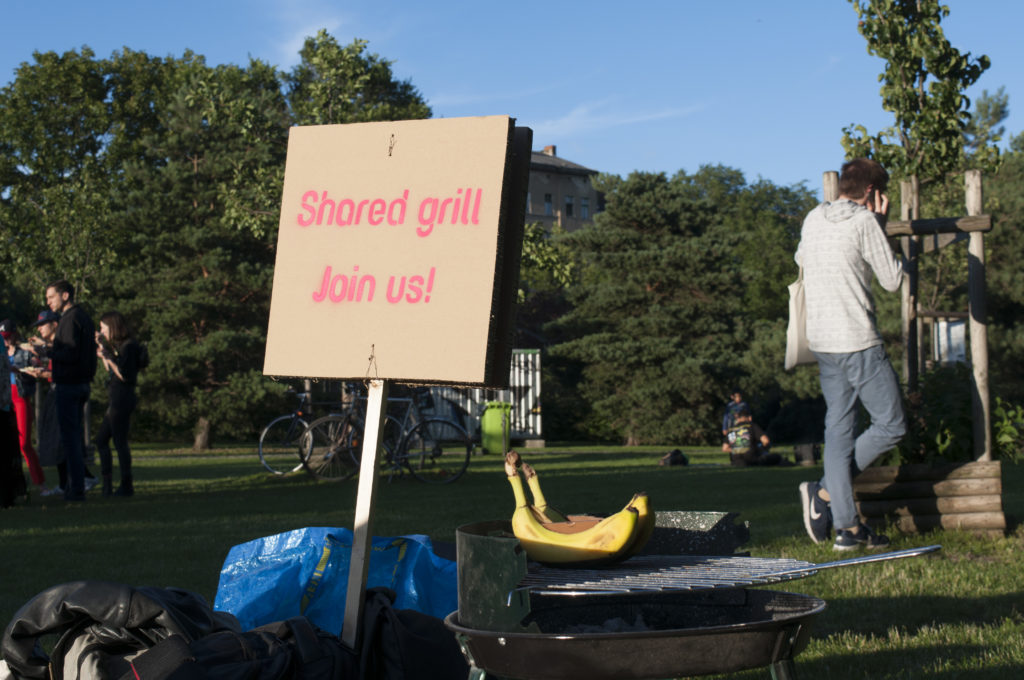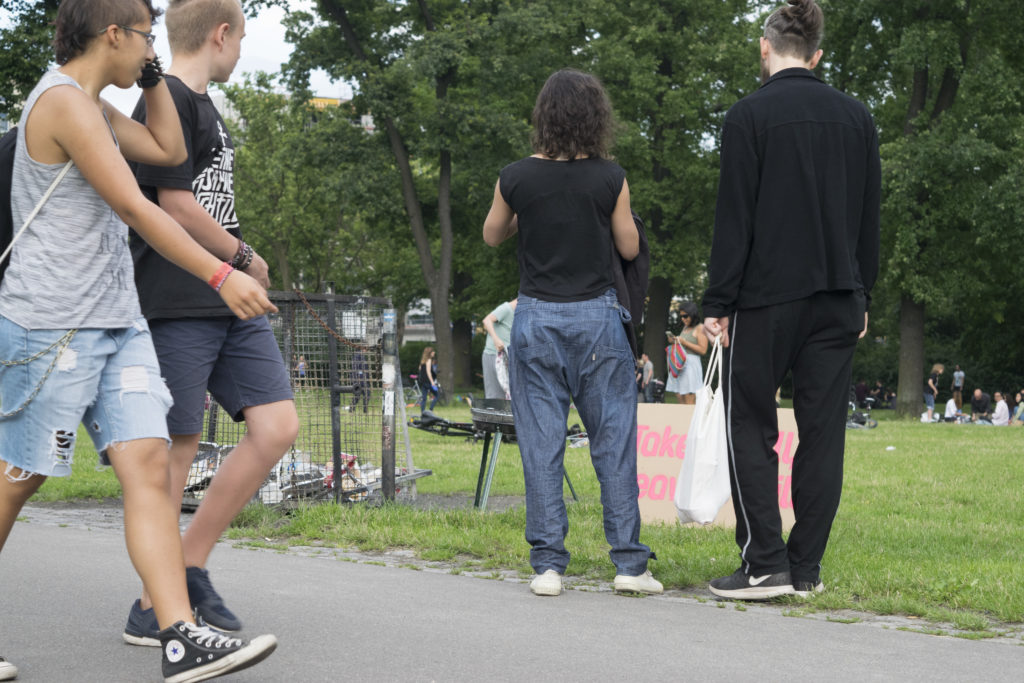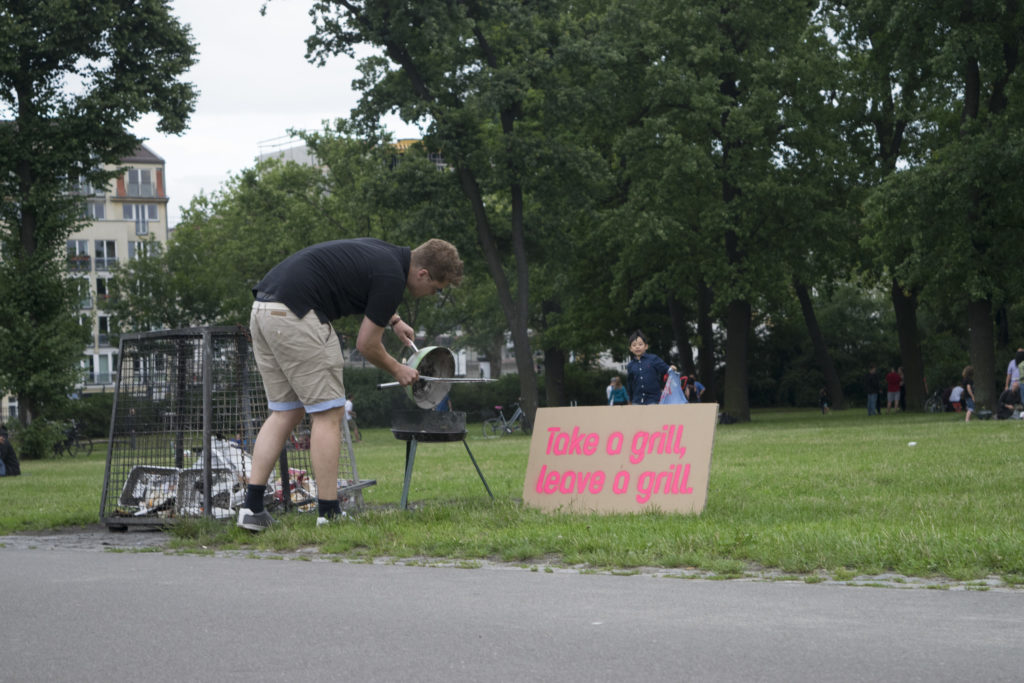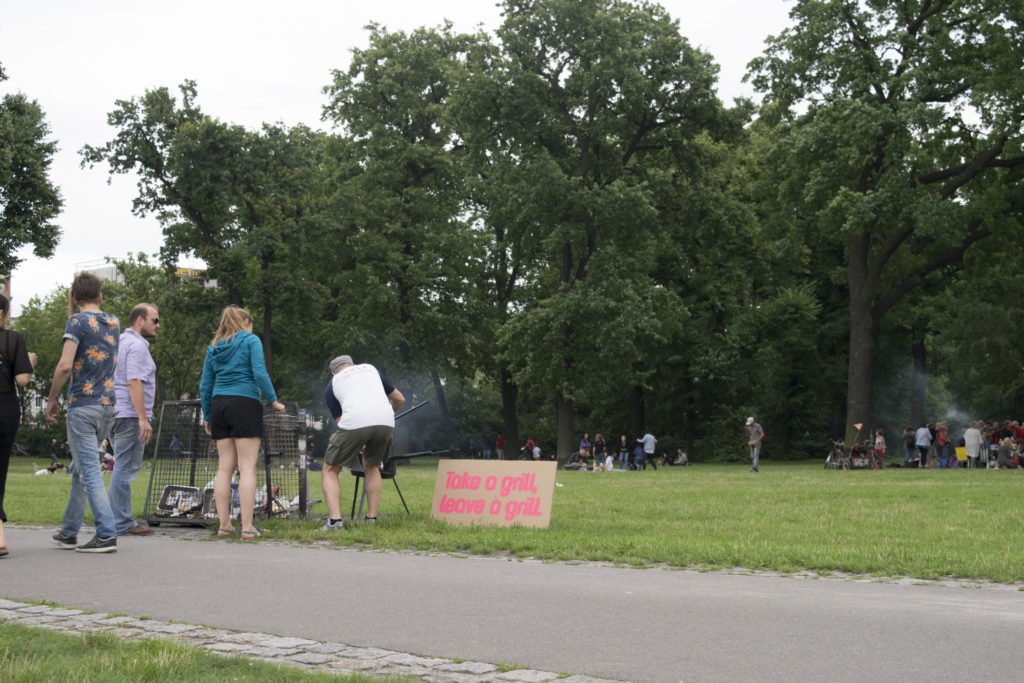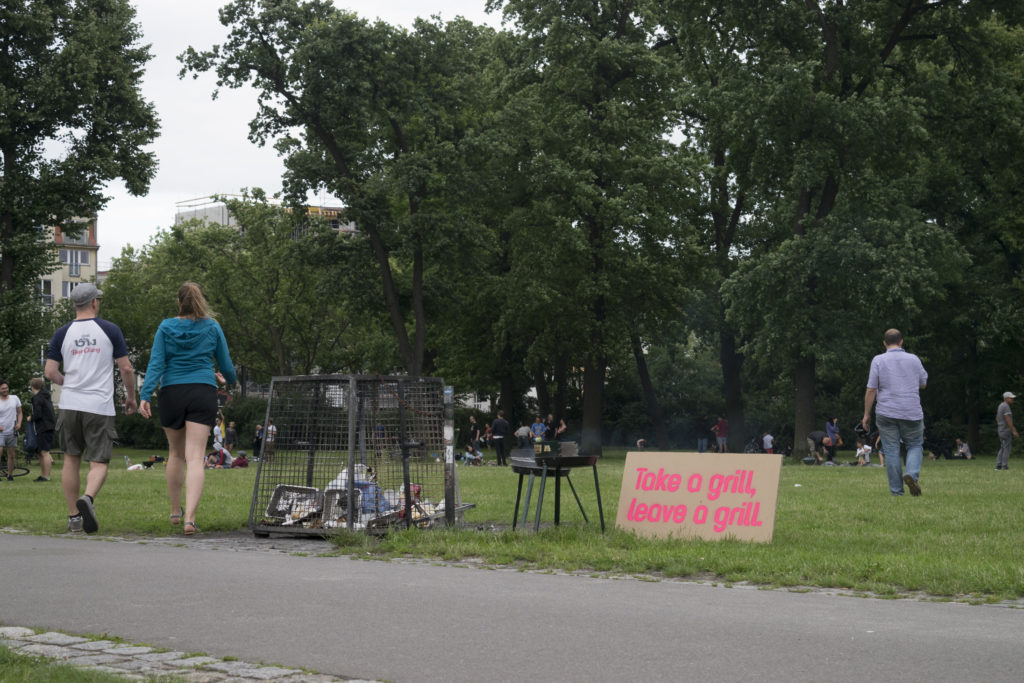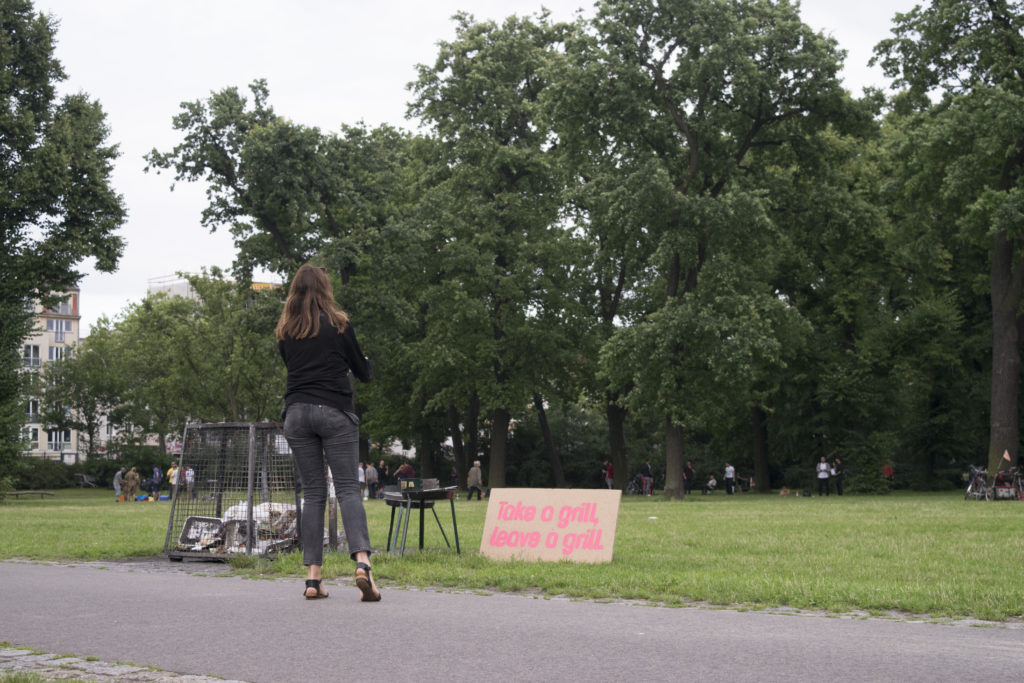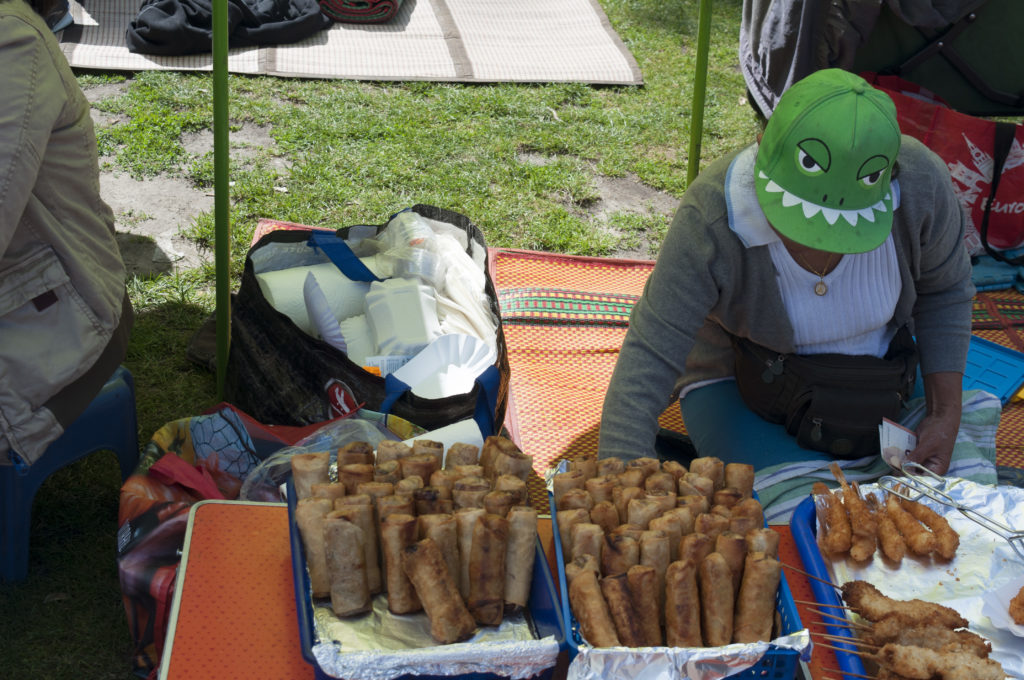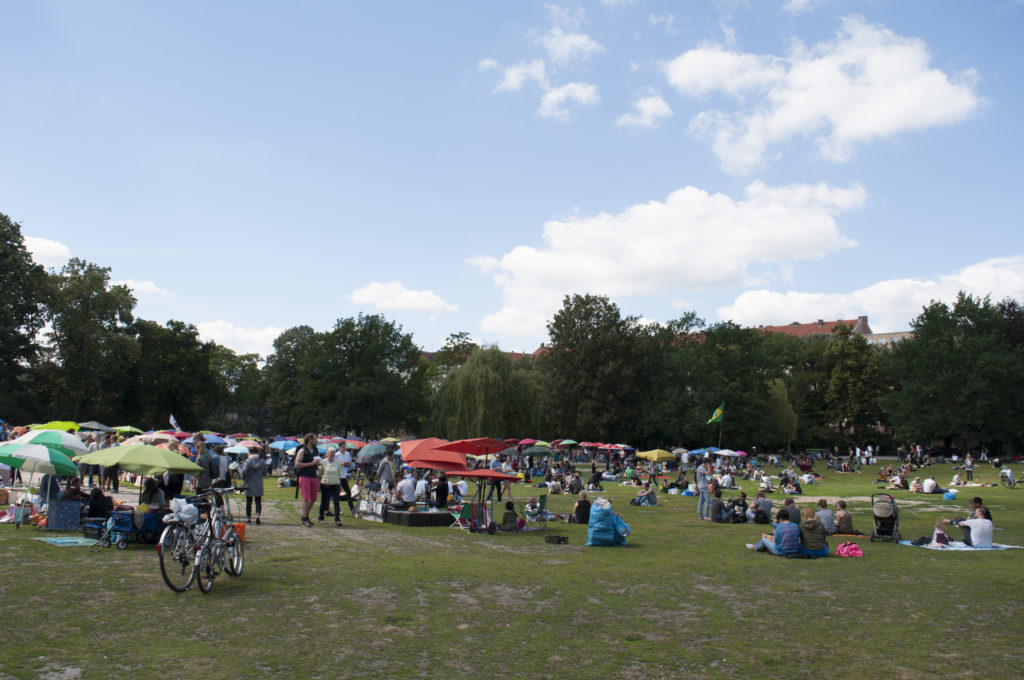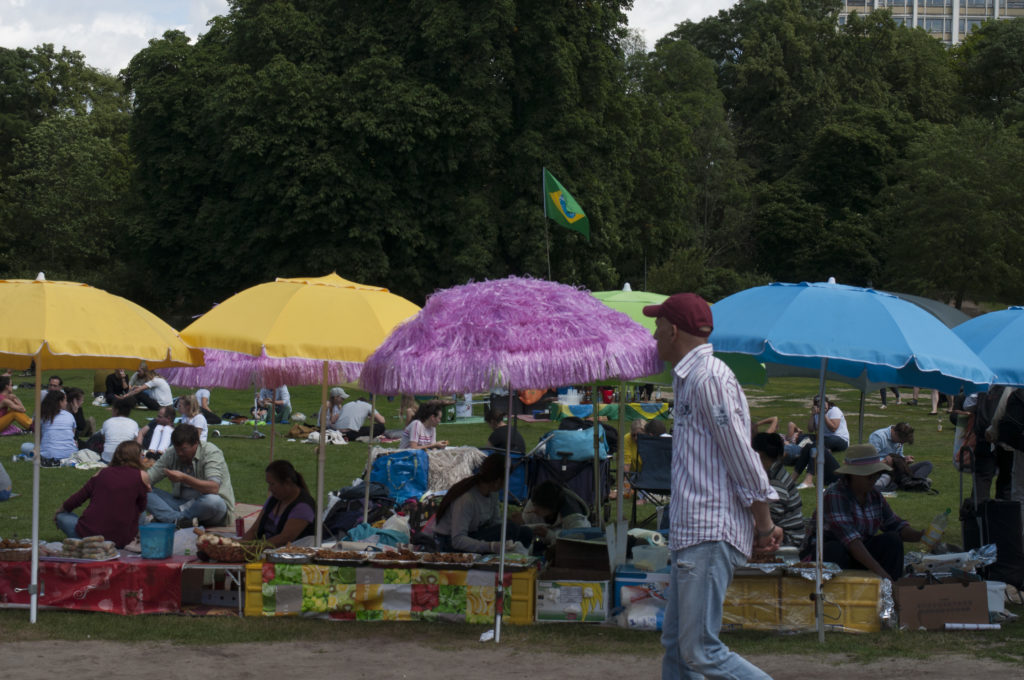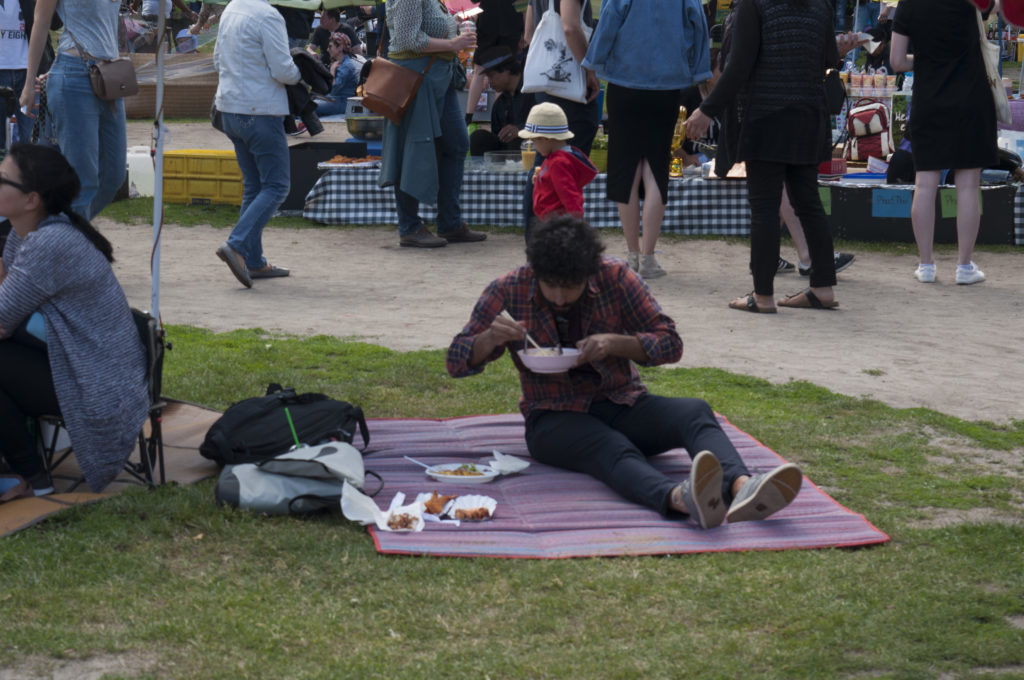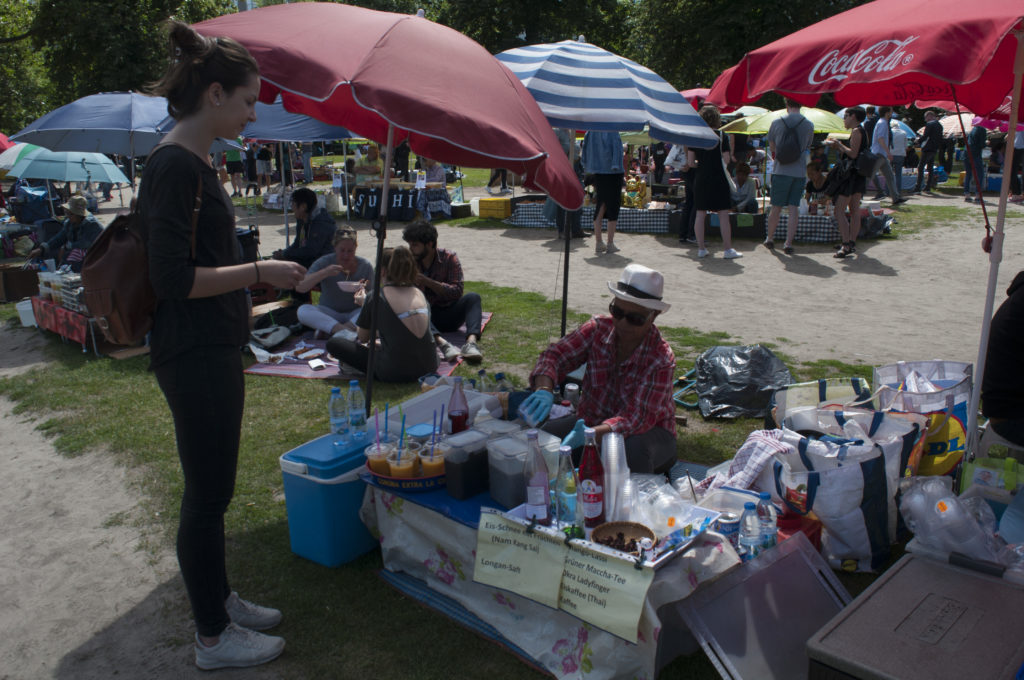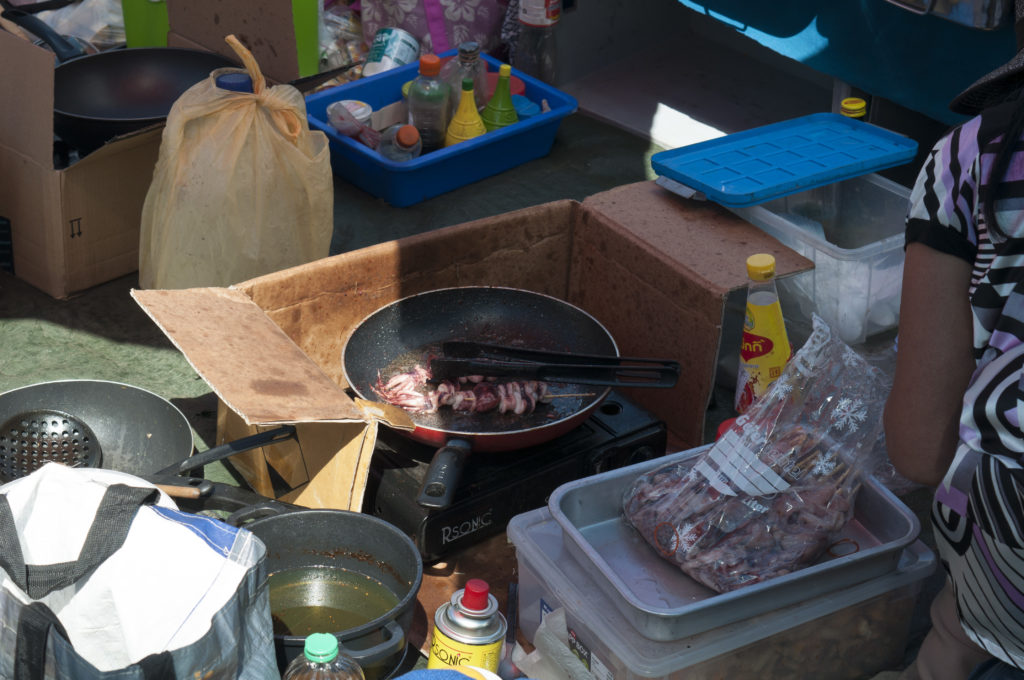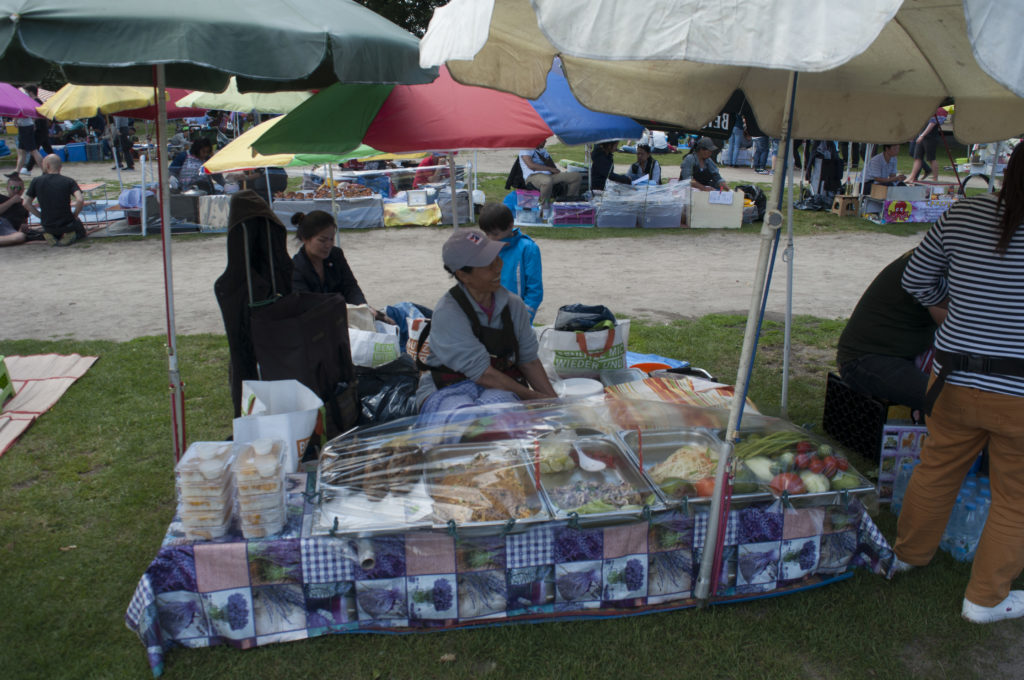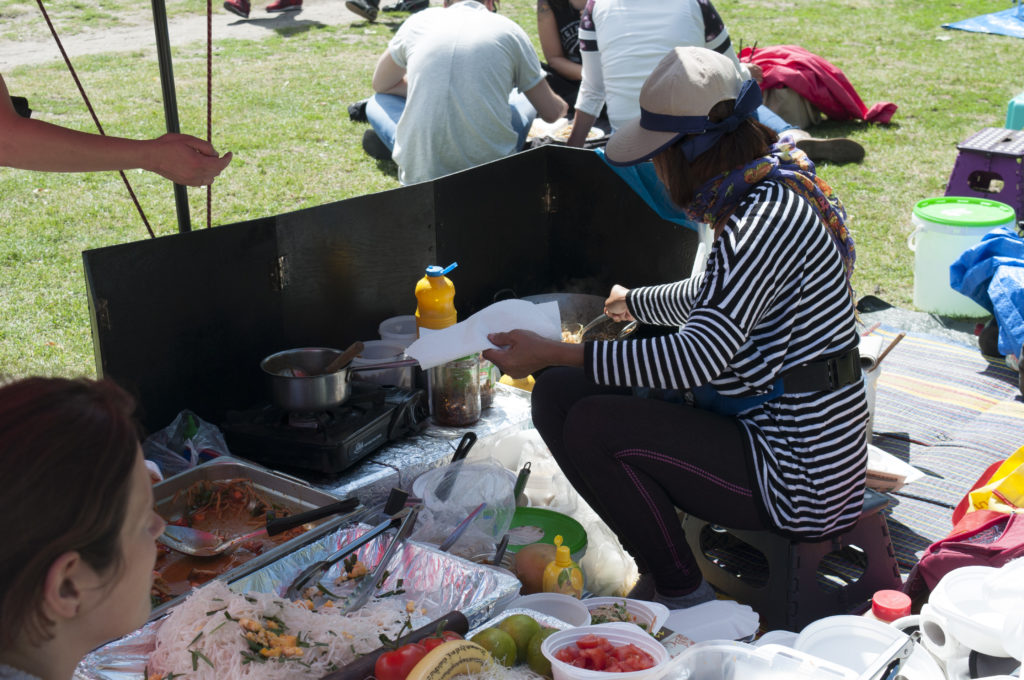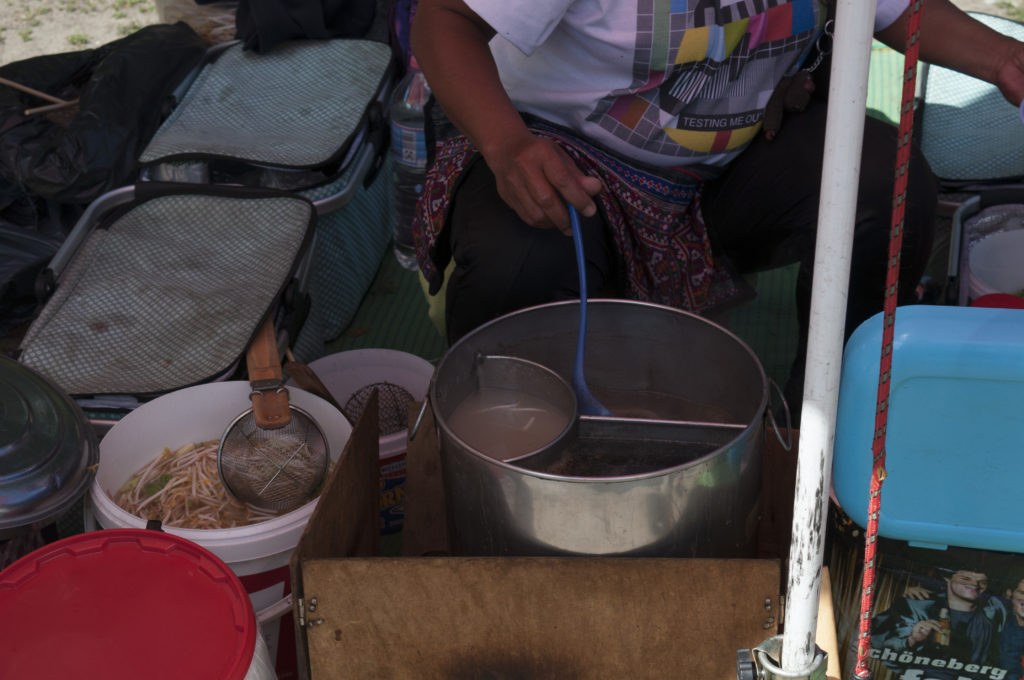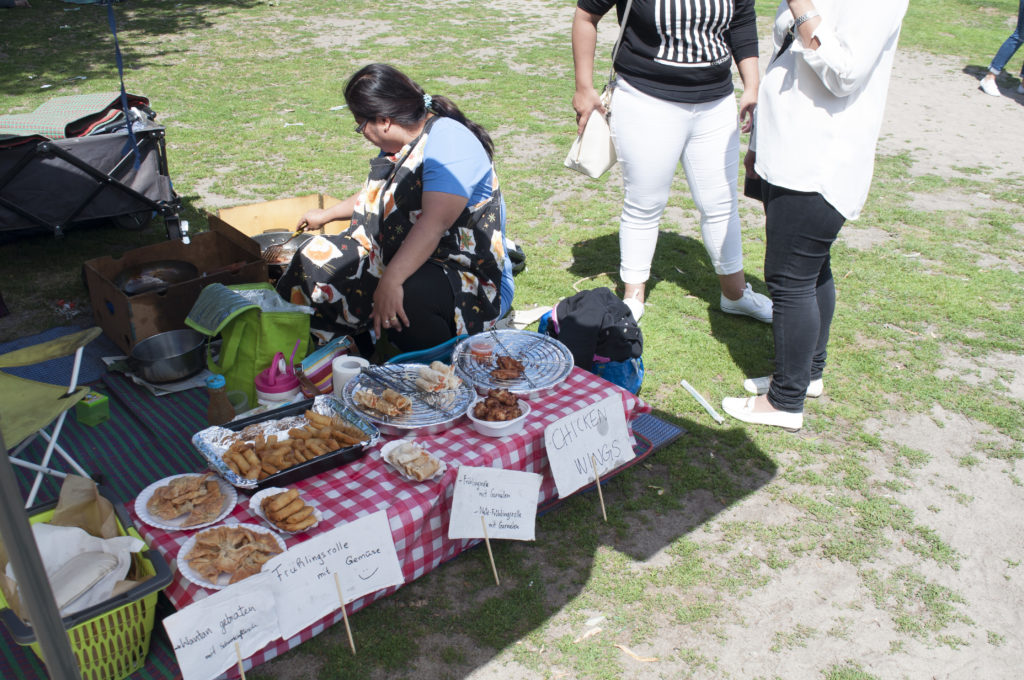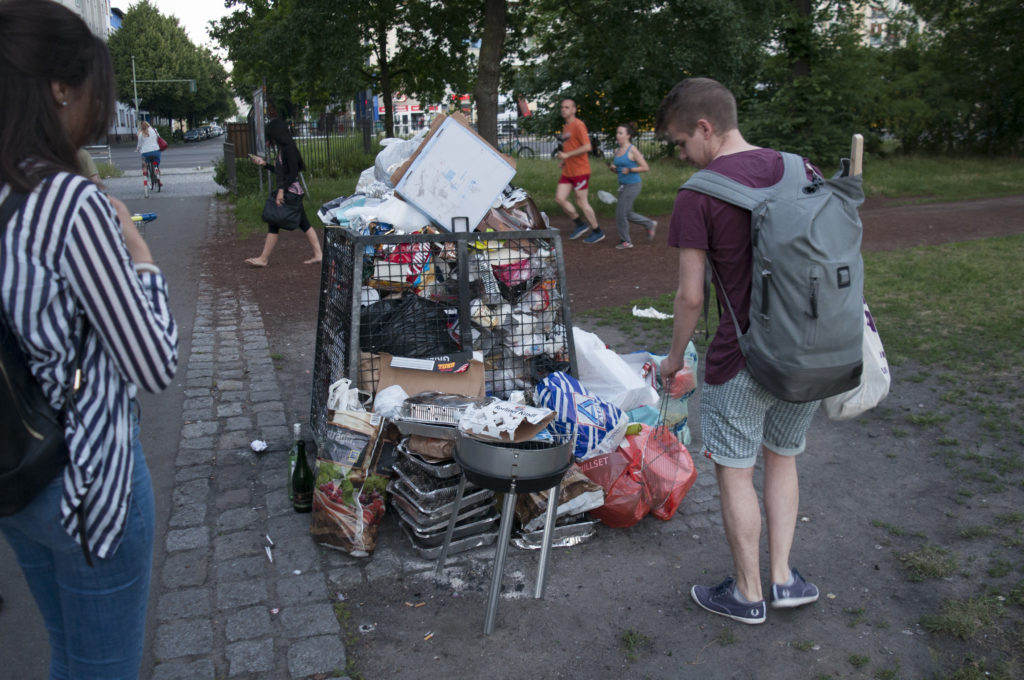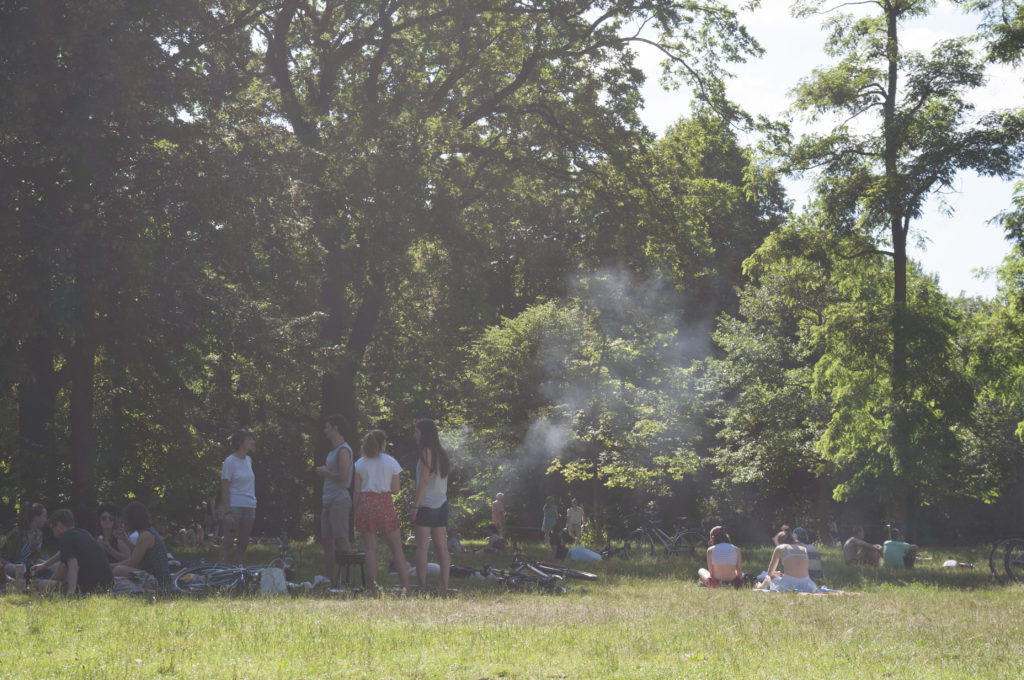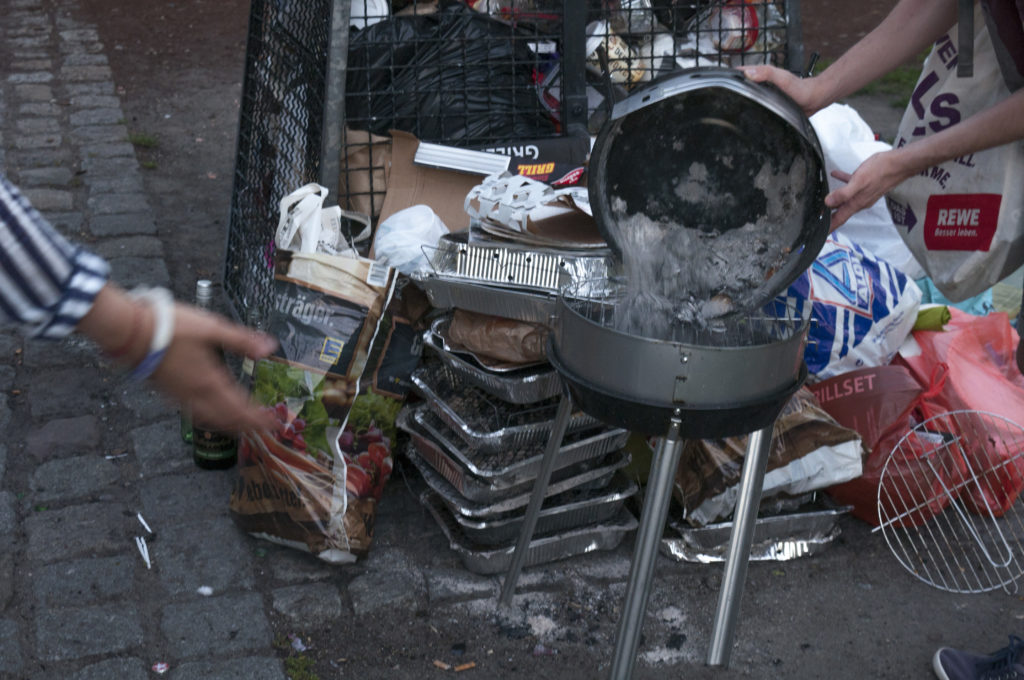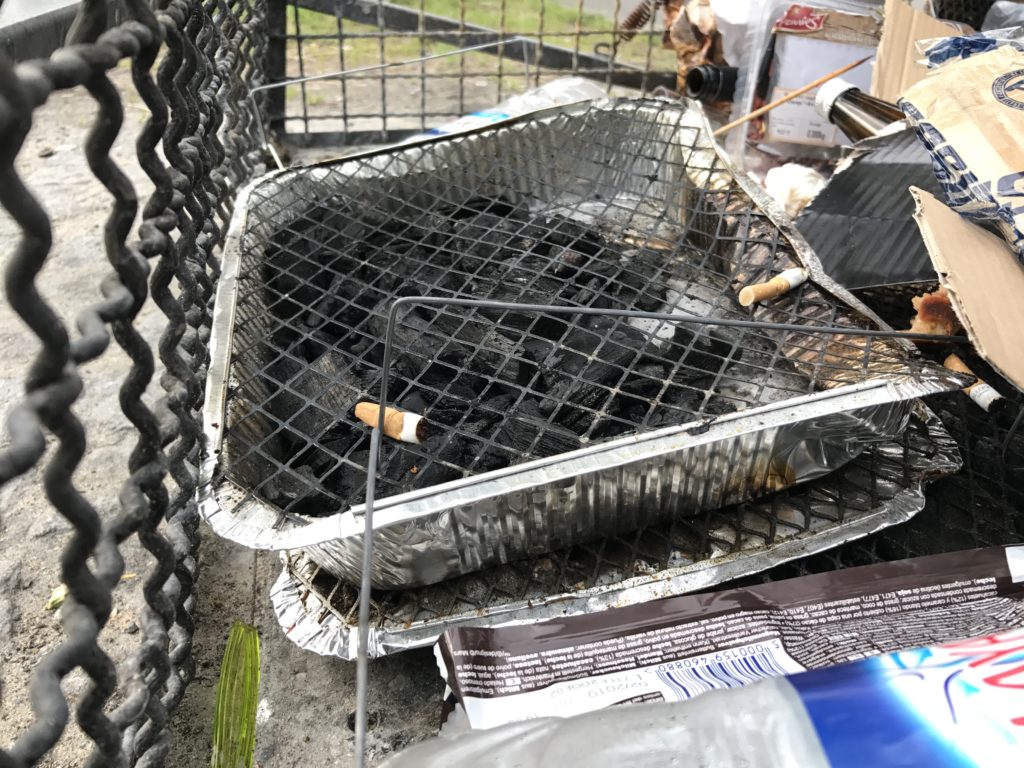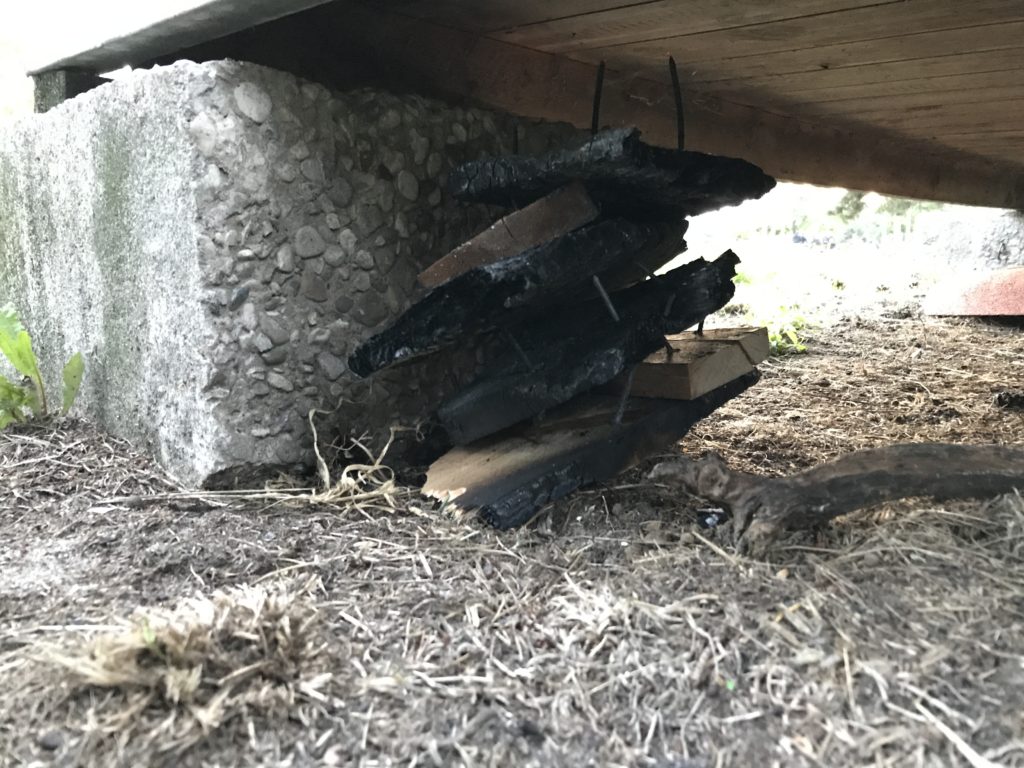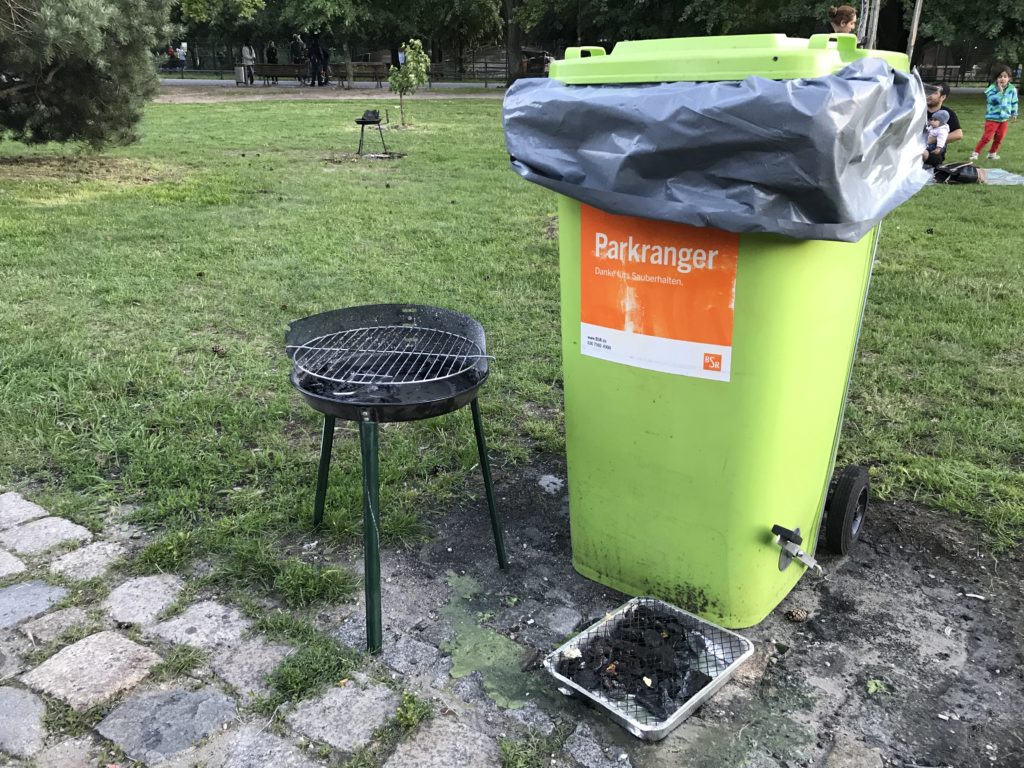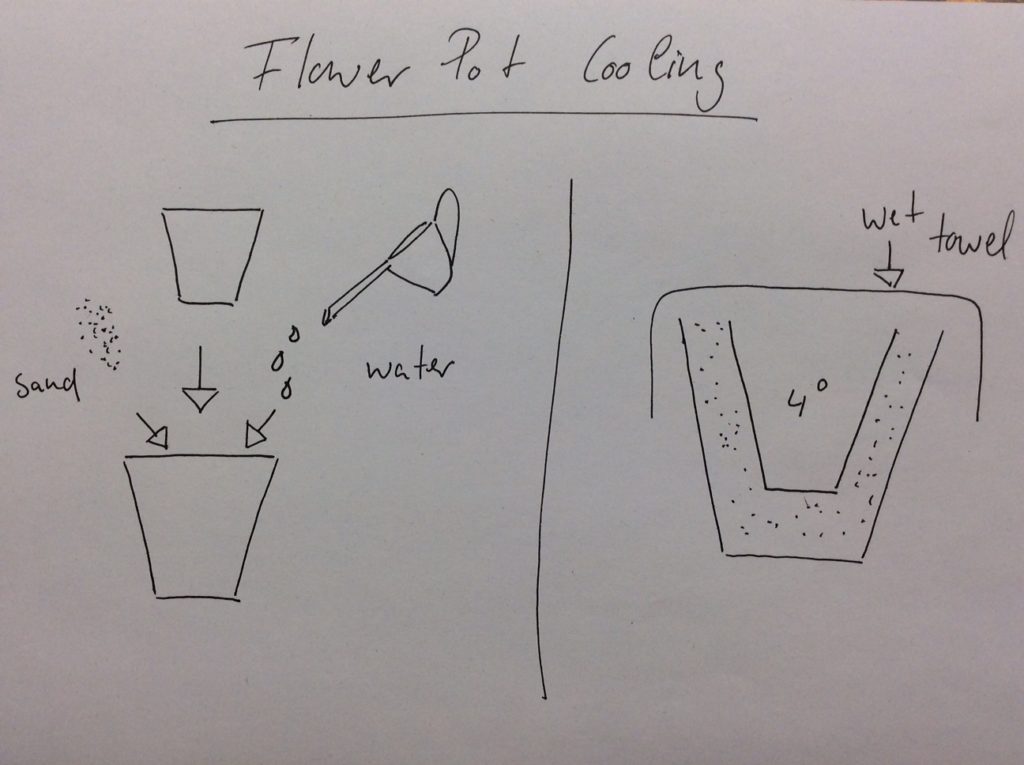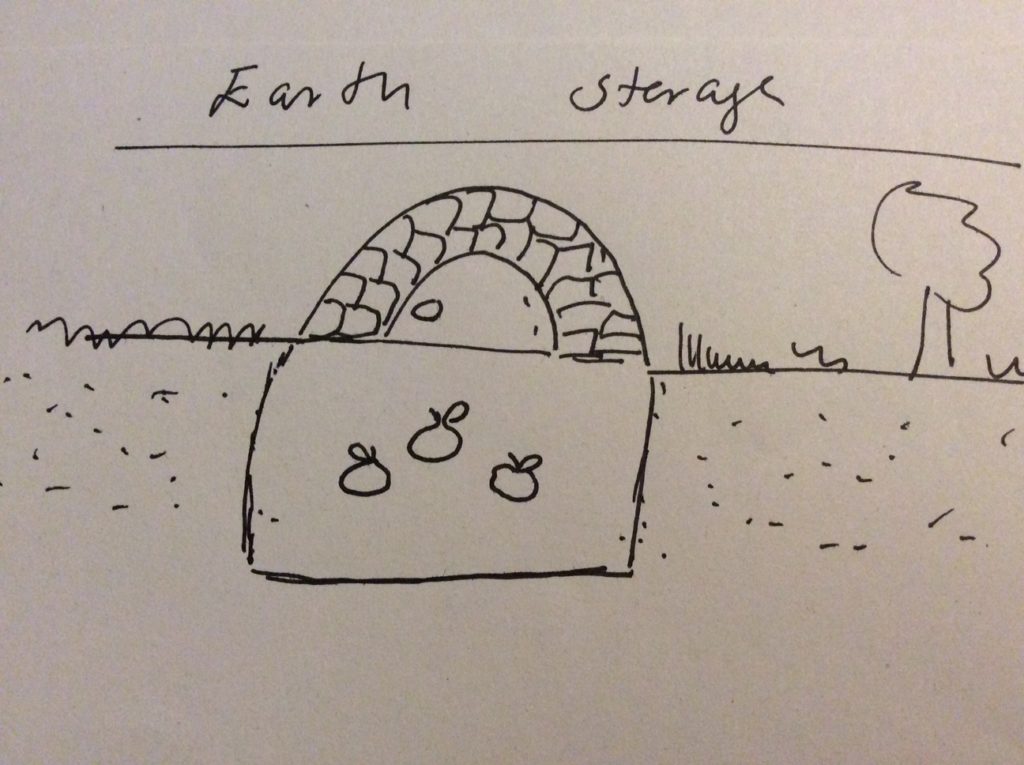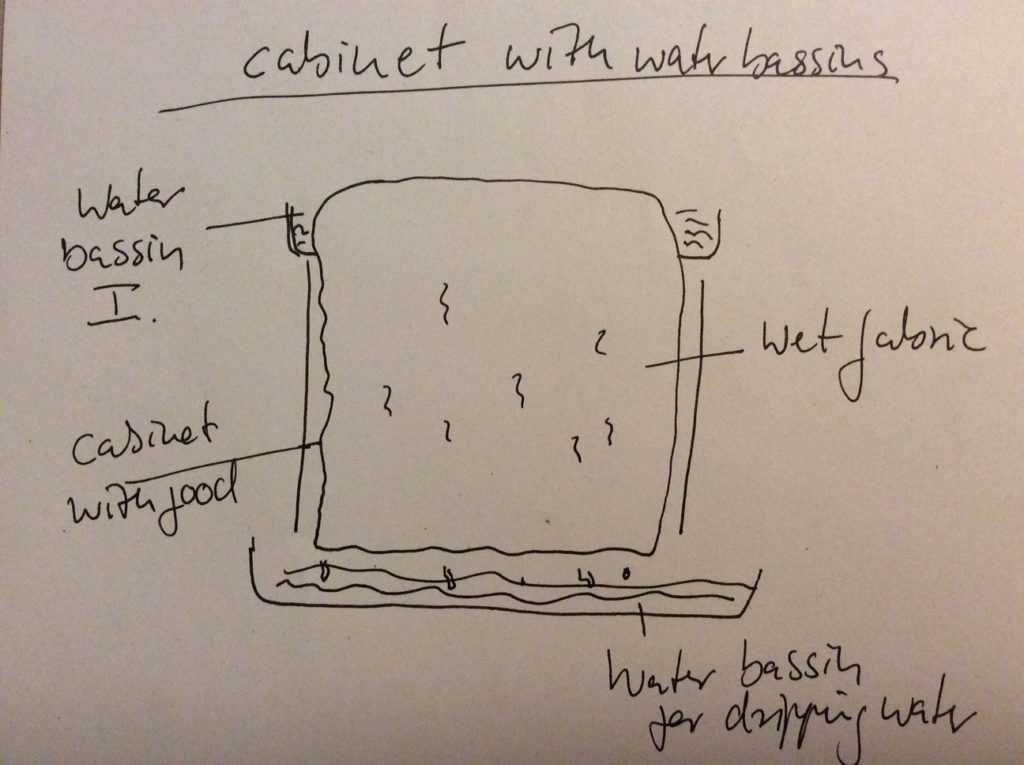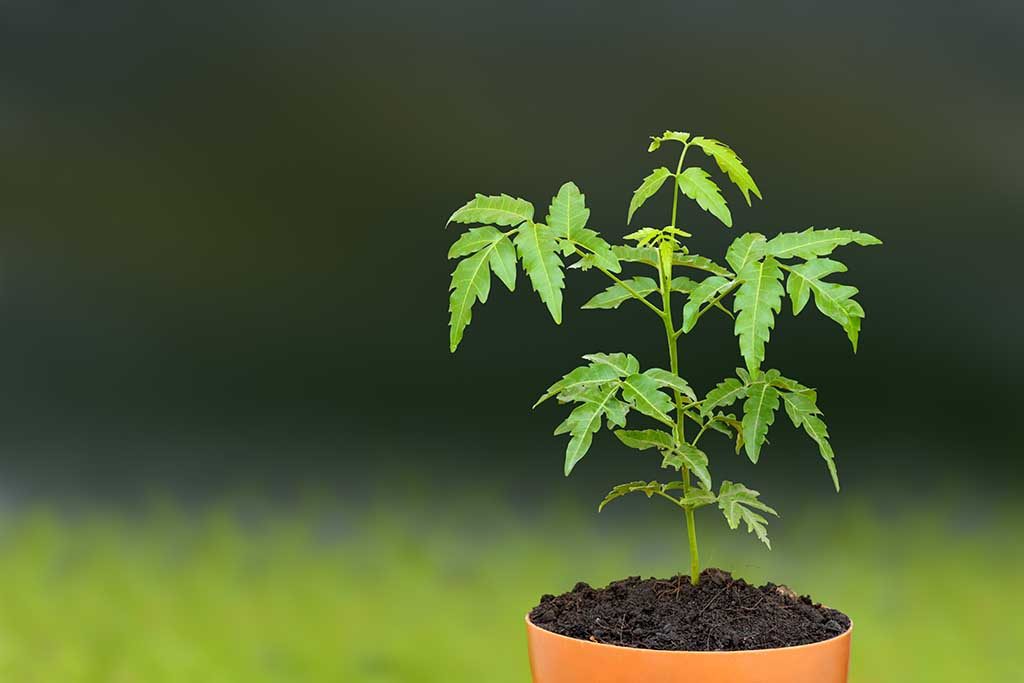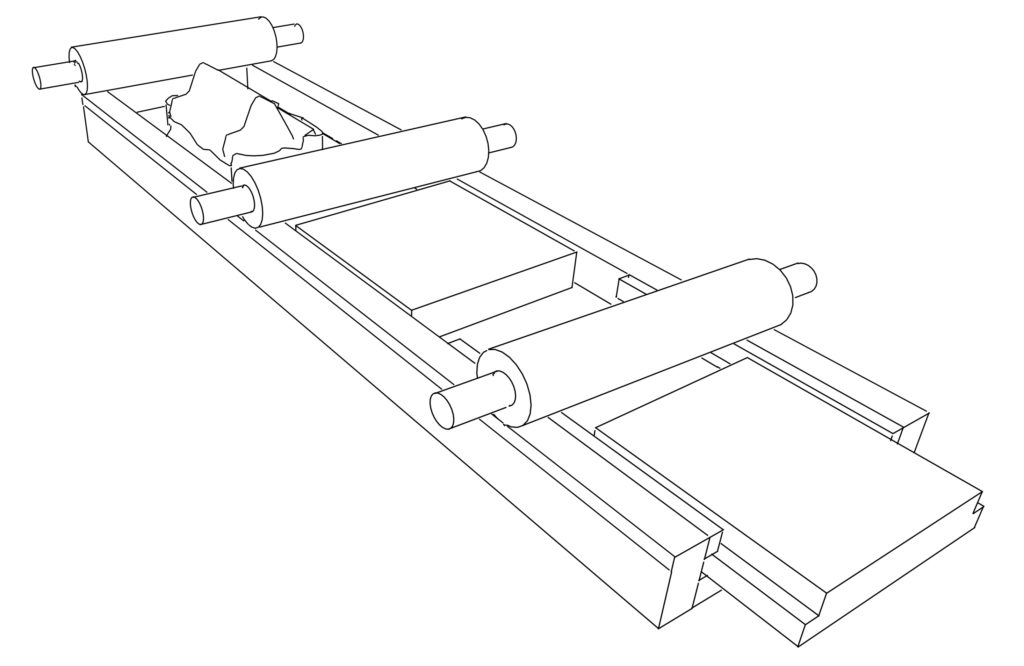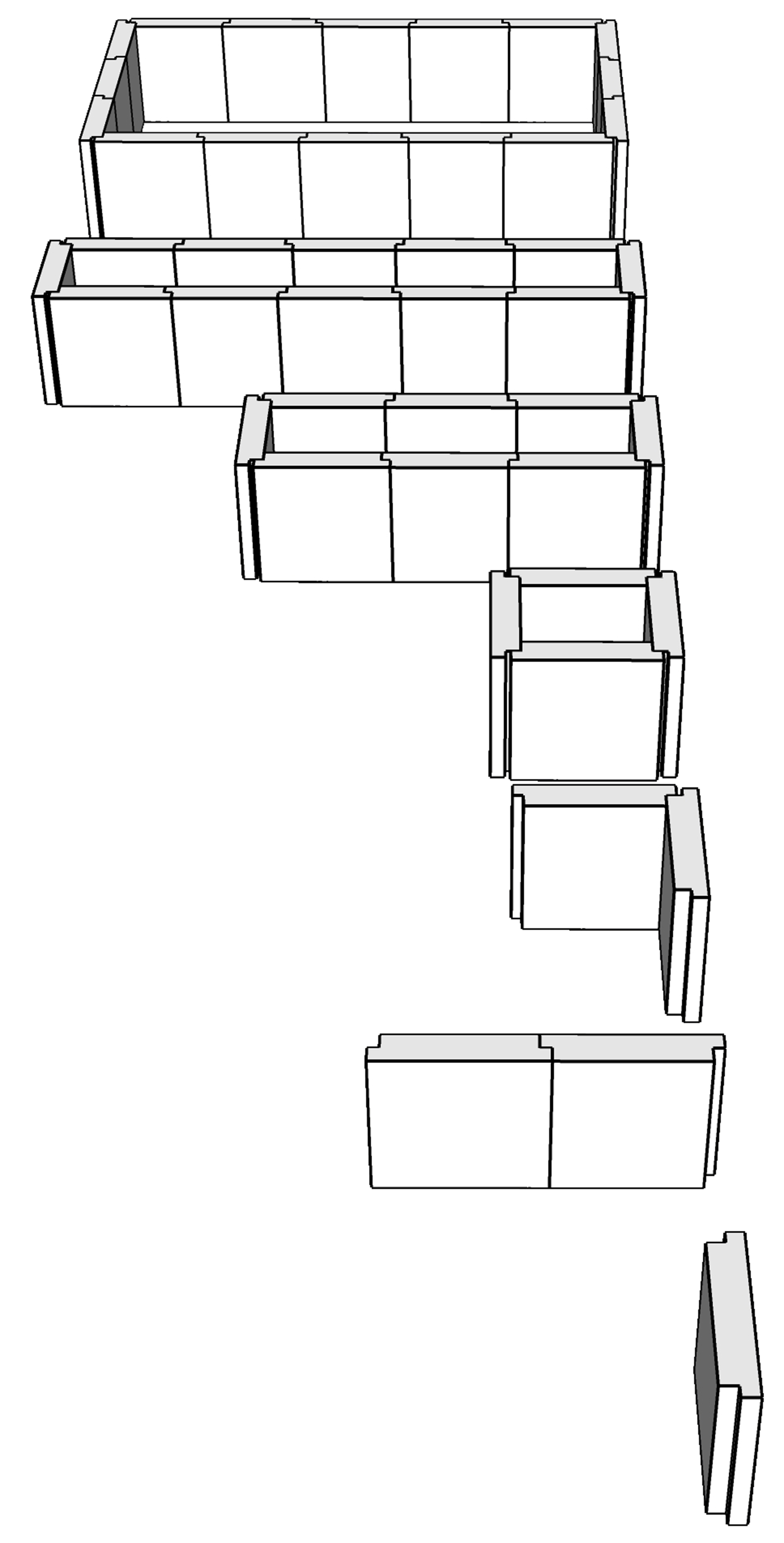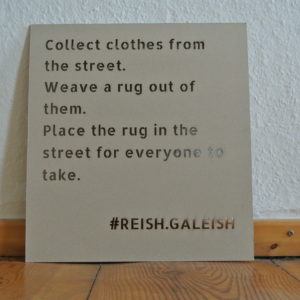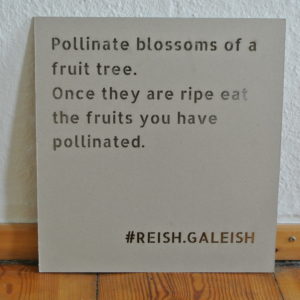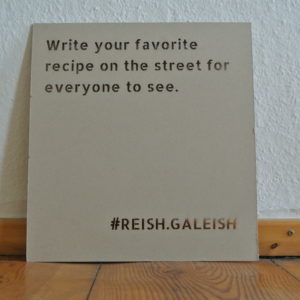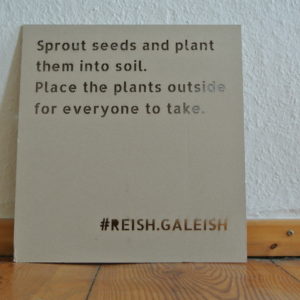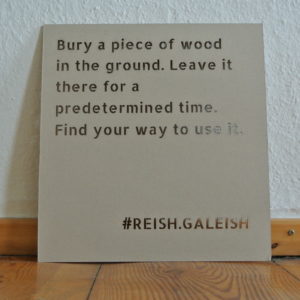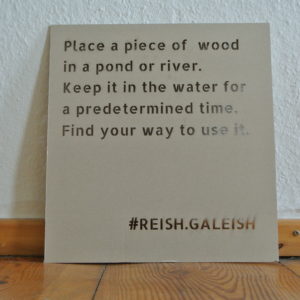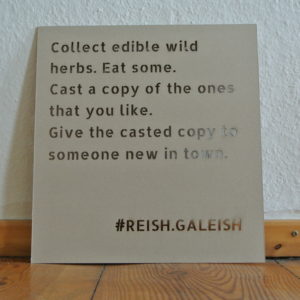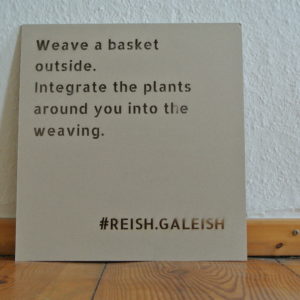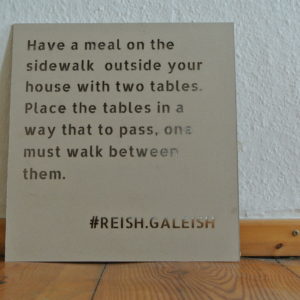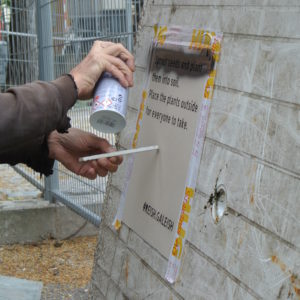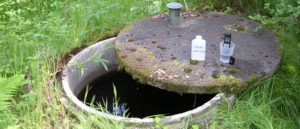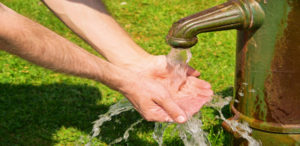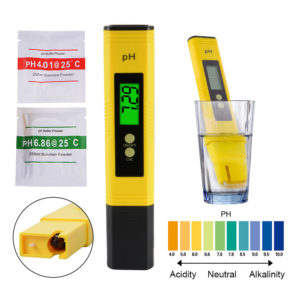The method of purifying water in ceramic filters, is one of the first ways of filtering water that we as humans started using. There is written information about water filters dating as long back as we have written records, tracing back to the earliest civilizations of mankind. It has contributed to the public health evolvement, and therefore to the development of the humanity as a whole. When people could go from fulfilling the needs to fulfilling the wants.
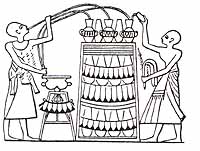


At least 60 per cent of the adult body is made of water, and every living cell in the body needs it to keep functioning. Water acts as a lubricant for our joints, regulates our body temperature through sweating and respiration, and helps to flush waste. A human can go for more than three weeks without food, but only about a week without water (not considering factors like heat. Put that in the equation and we have a different story).
Today, 1 out of 10 people in the world lack access to clean water.
1 out of 5 deaths of children under 5 worldwide, is due to a water-related disease.
It should be a human right to have access to clean water. And it we know a way of solving the issue, why don’t learn people how to make their own and spread the knowledge? Buy using accessible cheap materials, these filters are a ideal low cost way to cleaning water for a big group of people that are otherwise at risk of getting sick or even die from drinking unclean and contaminated water.
HOW IT WORKS:
Ceramic water filters are an inexpensive and effective type of water filter, that rely on the small pore size of ceramic material to filter dirt, debris, and bacteria out of water.
By mixing dry clay and sawdust (see more information under Clay Filters for Clean Water ~ How to mix the clay) you get fine pors in the material, where the pathogens gets stuck. If done correctly, and when also dipped into the antibacterial mixture of colloidal silver, it creates a filter that will filter the water from dangers with a 99.9% security.

WHY CLAY?
As this project is adressed mainly towards rural areas where there is a huge shortage of clean water (in this case we have a collaboration with organisations in Kenya) it is important to take notice of the accessibility and costs of these filters.
They are low cost. Pricing for ready-to-use filters, is usually between $15 to $25. Replacement clay filters will cost $4 to $6. If you take care of the filter, you could use it up to 5 years. So that could equal an amount of 40 cents/year.
Materials that are easy to access. And there are already factories in Kenya, close to Nairobi, that are working with doing these filters.
WHAT I WANT TO ACHIEVE:
KENYA: There are already factories making a standardised ceramic water filter. But those are not always the most sufficient ones, since the point of use looks different at different locations. My goal is to learn how to make the filters, to then be able to teach out the knowledge by having workshop-like lessons with the people who are in need of these, so that they then can make their own, according to their needs.
BERLIN: By starting this process in Berlin, I hope to get insights on different ways of using this method. Because, there are areas of use in the western world also. Some examples are: In boats (where the water in the tank might get contaminated), when one wants to collect rainwater or water from a lake, or for people living on the countryside that has an own well that might get contaminated. In all of these cases, the filters would have different sizes and shapes, and the ideal solution to this would be to be able to make a personalised one.
For more information and research on ceramic water filters, please klick here.



